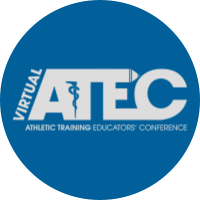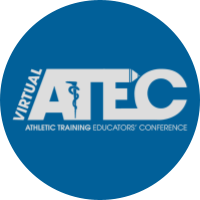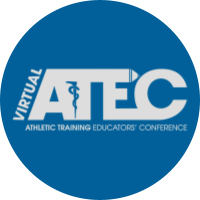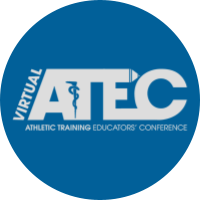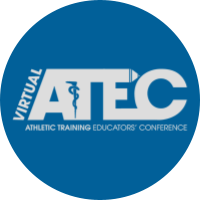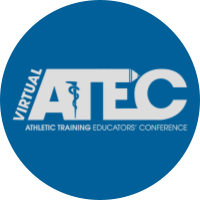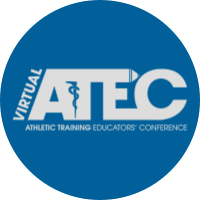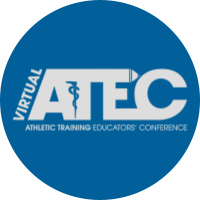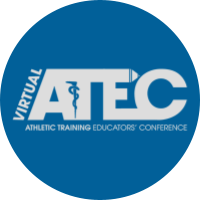
VATEC 2024
-
Register
- Non-member - $575
- Member - $275
- Student - $275
We hope to see you at VATEC 2024, the Virtual Athletic Training Educators’ Conference, happening live on October 17-18 with on-demand access through December 1, 2024.
This year's theme, "Reconnecting and Reenergizing Athletic Training Education," promises a dynamic lineup of plenary presentations, interactive breakout sessions, model practice presentations, engaging facilitated discussion groups, and a virtual poster gallery. Attendees are eligible to earn 11.75 CEUs and participate in a poster contest. Don’t miss this opportunity to connect with your peers and gain valuable insights.
-
VATEC 2024 Posters
Participate in the VATEC 2024 Poster Contest
We are excited to showcase innovative posters that highlight new insights and research in athletic training education. Please take the time to review these posters, submitted by your peers. The poster with the highest overall score will win a $100 prize! Your evaluations will help decide the winner, to be announced on or around December 15, 2024.
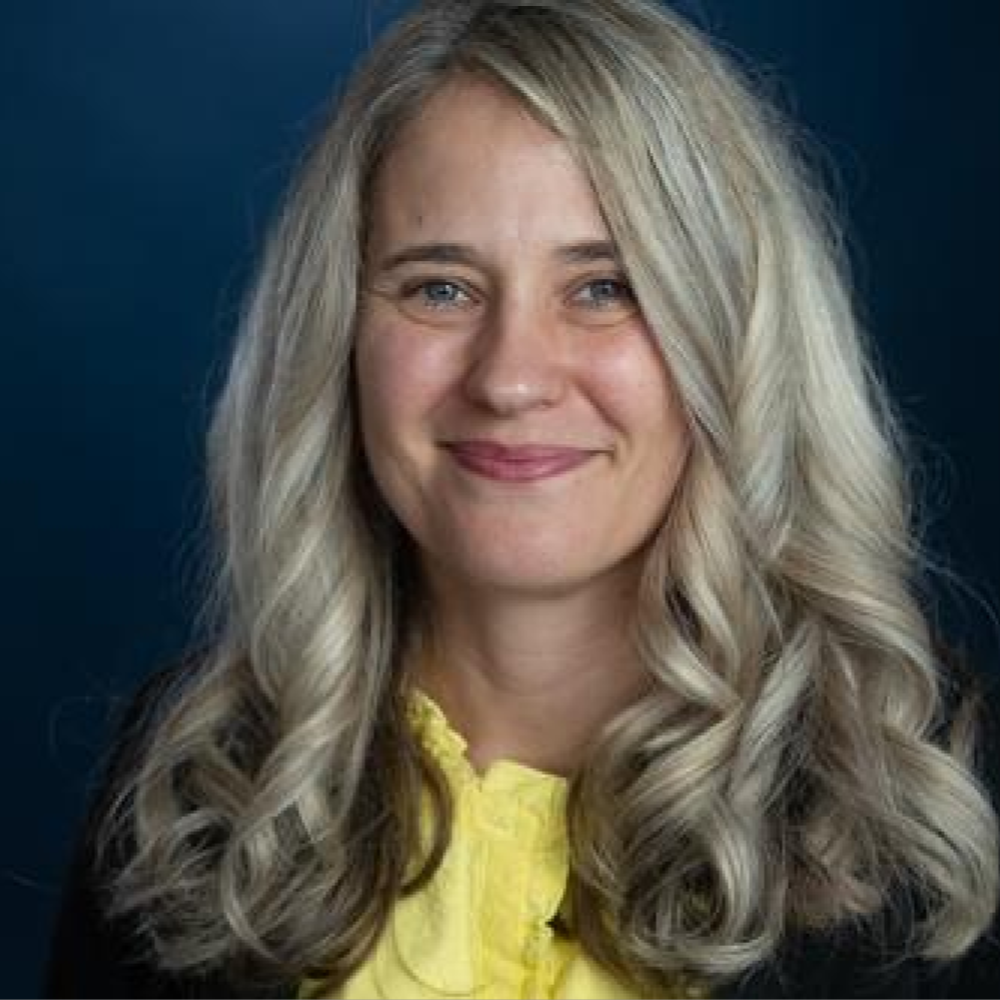
Alma Mattocks, PhD, ATC
Dr. Mattocks serves as the Chairperson of the Division of Athletic Training at West Virginia University. Prior to this role she served as a Program Director/Chair at Spalding University and the inaugural Clinical Education Coordinator from 2014-16. She earned a Bachelor of Science in Athletic Training from Linfield College, a Master of Science in Exercise and Sport Science from Oregon State University, and a Doctorate of Philosophy in Health Professions Education from Bellarmine University. She has worked as a Division III Athletic Trainer at Pacific University in Oregon, as a Field Service Representative for DJO is now ENOVIS, and as the Coordinator of Clinical Education in the Athletic Training Program at Northern Kentucky University. Dr. Mattocks has a research focus on student learning objectives and the use of simulation in athletic training education.
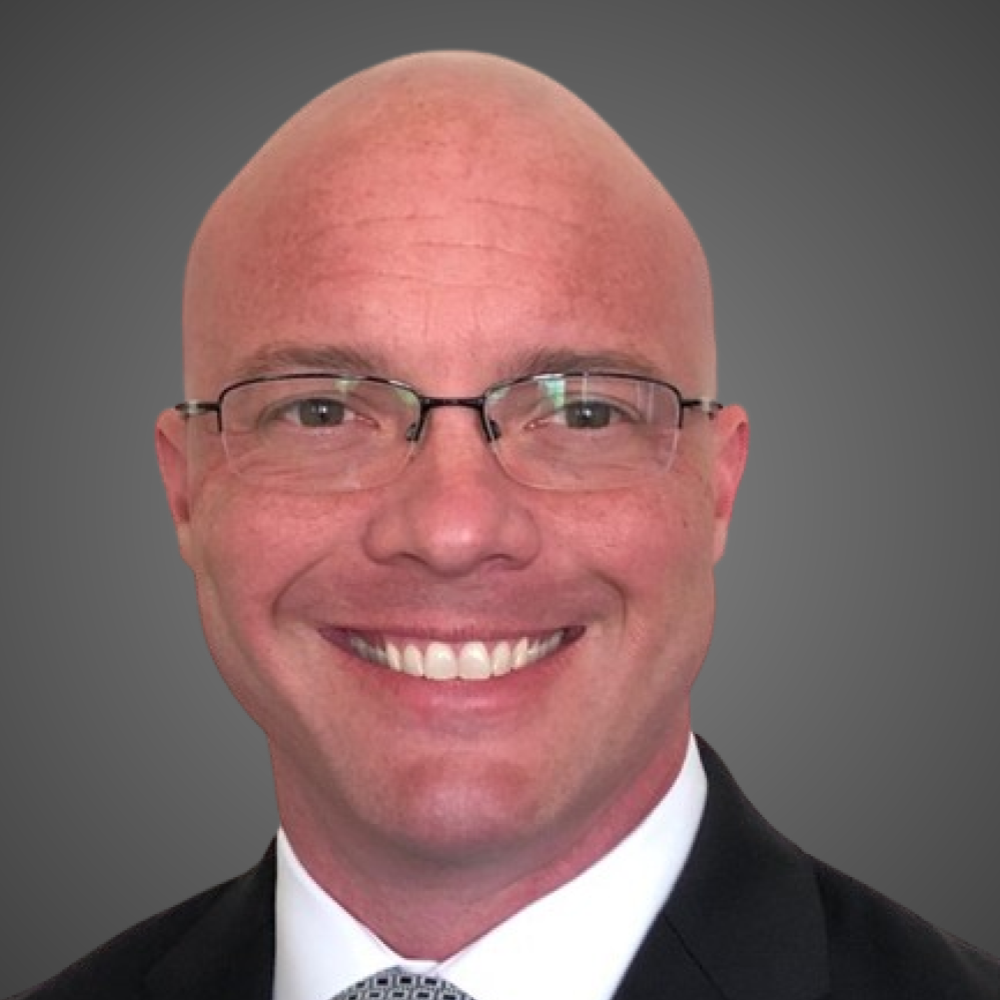
Christopher Greenleaf, PhD, LAT, ATC, CSCS
Chris is currently in his 27th year as a Certified Athletic Trainer. Chris is a native of South Carolina growing up in Charleston. He is a graduate of Charleston Southern University with a BS in PE/Kinesiology with a concentration in Athletic Training. He continued his education by earning a MS in Health Science from Middle Tennessee State University. Most recently, Chris has completed his Ph.D. in Health Science/Athletic Training from Rocky Mountain University in Provo, Utah. His research focus is on appropriate medical care trends in secondary school populations and the factors related to the ongoing care of juvenile athletes. He is a member of the NATA, NSCA, and ACSM, holding certifications as a Certified Athletic Trainer and Strength and Conditioning Specialist.
Chris has worked as an Assistant and Head Athletic Trainer at the Division I and Division II Levels collegiately. He has served as a Head Athletic Trainer within the National Indoor Football League. He has worked extensively in clinical high school outreach and was first Director of Athletic Training and Community Outreach for the Moore Orthopedic Clinic. The foundation for his career began in Emergency Medical Services at age 15. He worked actively in EMS for 7 years prior to, and during his early career as a Certified Athletic Trainer. The subject of emergency preparedness and response within athletic settings continues to be an area of ongoing interest.
Chris is currently a Clinical Assistant Professor and the Coordinator of Clinical Education in the Athletic Training Program for Sam Houston State University in Huntsville, Texas. Chris, his wife, Courtney, and his son, Kellen reside in the Woodlands, TX.
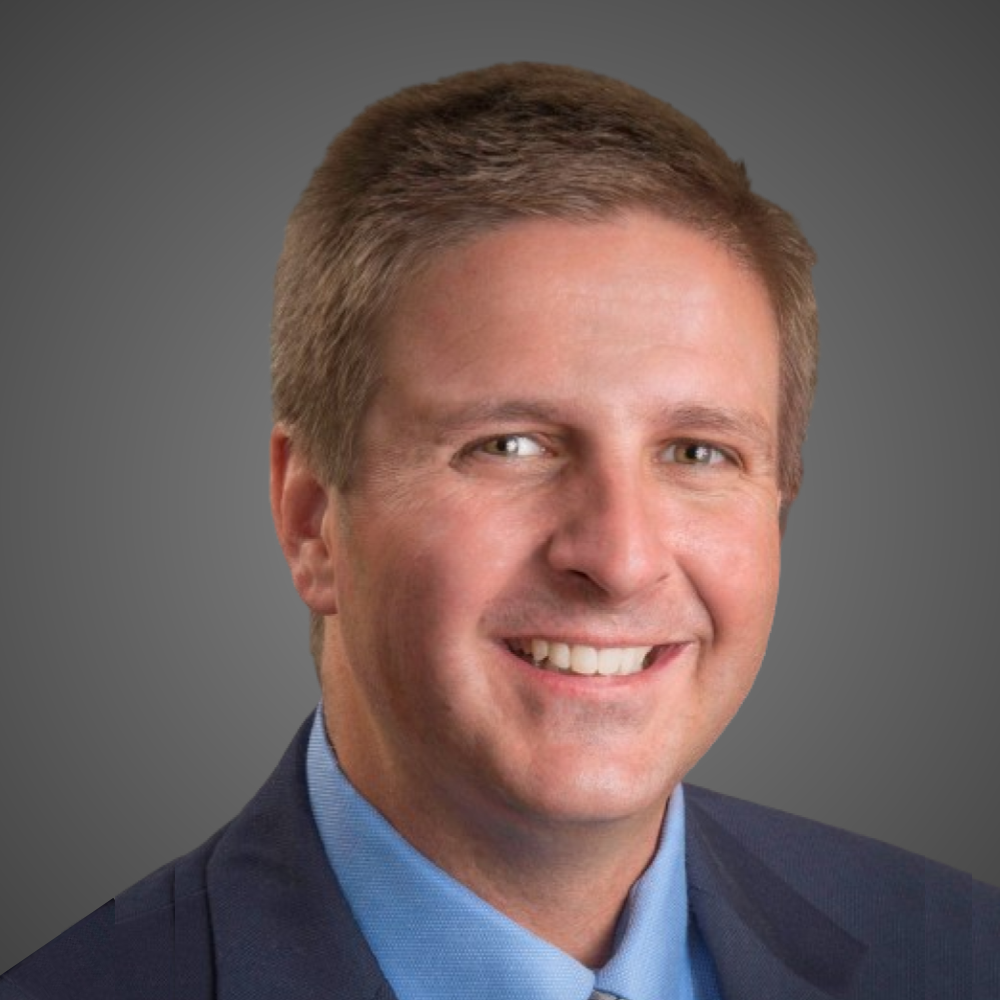
Craig Voll, PhD, LAT, ATC
Dr. Craig Voll serves as coordinator for the Sports Medicine Concentration at Purdue University. Dr. Voll teaches both undergraduate courses as well as graduate courses within the athletic training graduate education program. Dr. Voll previously served as an assistant athletic trainer, physical therapist, and continuing lecture at Purdue from 1999-2014. Prior to returning to Purdue Dr. Voll served as Manager of Sports Medicine for Franciscan Health in Lafayette where he led a team of 42 athletic trainers and 3 physicians providing comprehensive athletic health care services to 14,000+ athletes at 29 area high schools.
Dr. Voll’s research interests include professional socialization and factors related to early professional success, leadership development, emotionally intelligent leadership and inter-professional education and practice.
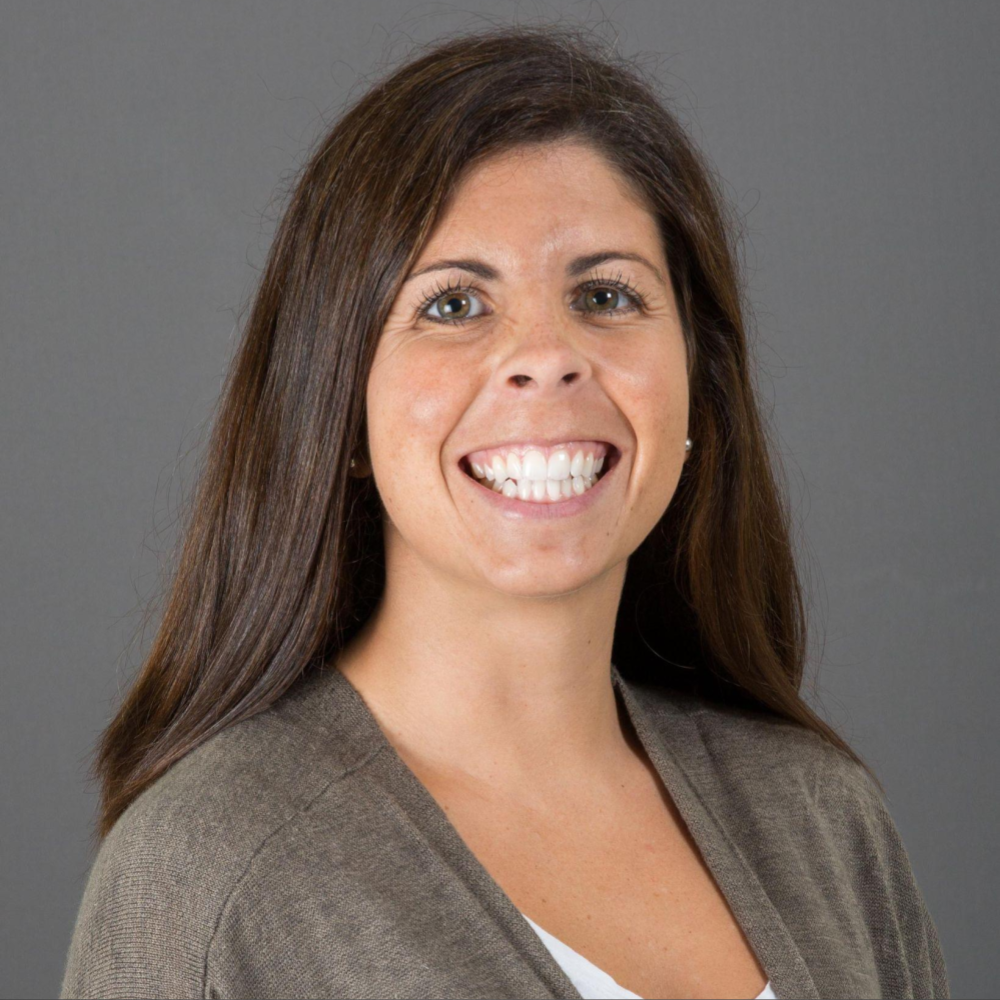
Courtney Lewis, PhD, ATC
Dr. Courtney Lewis is a clinical assistant professor in the School of Kinesiology at the University of Michigan. She holds the belief that collaborating with students and giving them the tools they need to succeed is a critical part of working as a faculty member. Her research interests include how athletic training students experience their education, particularly how they integrate the didactic and clinical components of their education.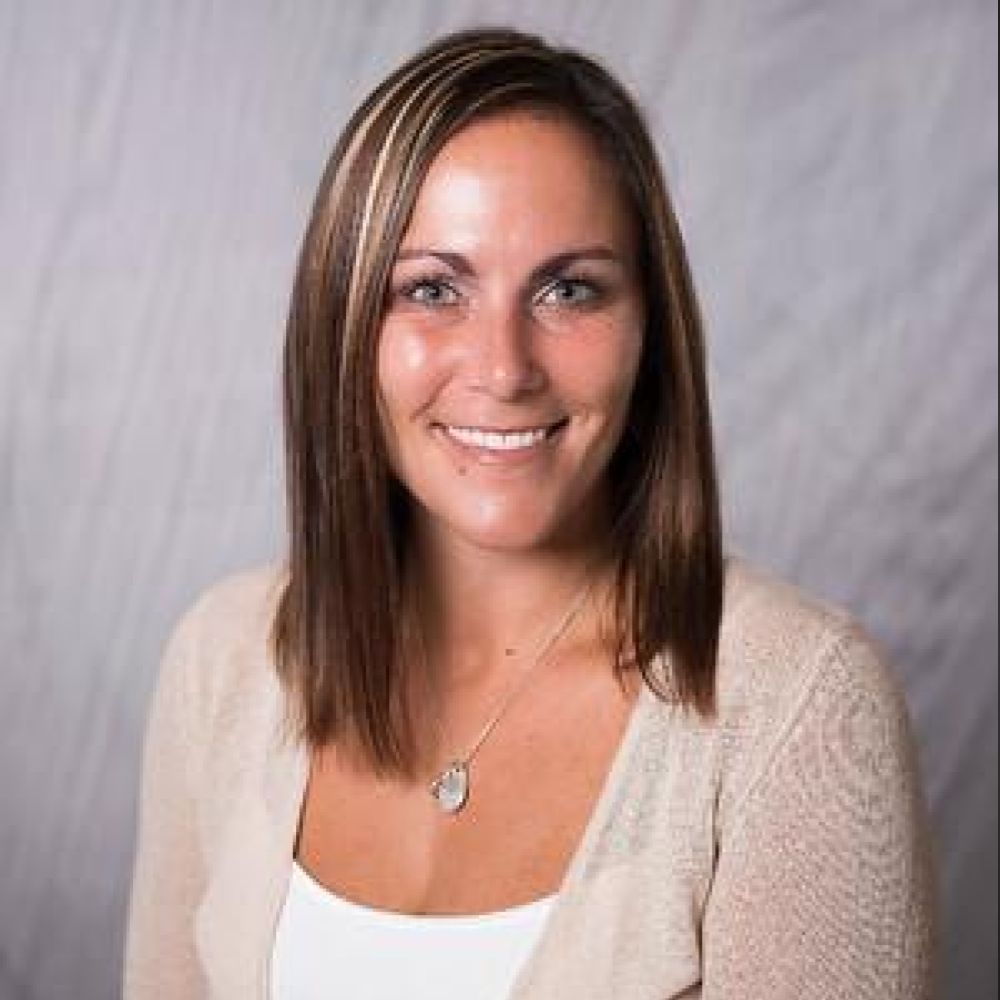
Heather Schuyler, EdD, LAT, ATC
Heather Schuyler has been an educator for over 16 years and serves as the coordinator of clinical education at Adrian College. She earned her B.S. degree in Athletic Training at Eastern Michigan University, then attended the University of South Florida where she earned her M.A. degree in Exercise Science, and finally the University of St. Augustine earning her Ed.D in Education. Heather has worked in the high school and collegiate settings and is also a certified and licensed massage therapist. Heather's primary professional interests are athletic training clinical education, concussion, and non-western therapies.
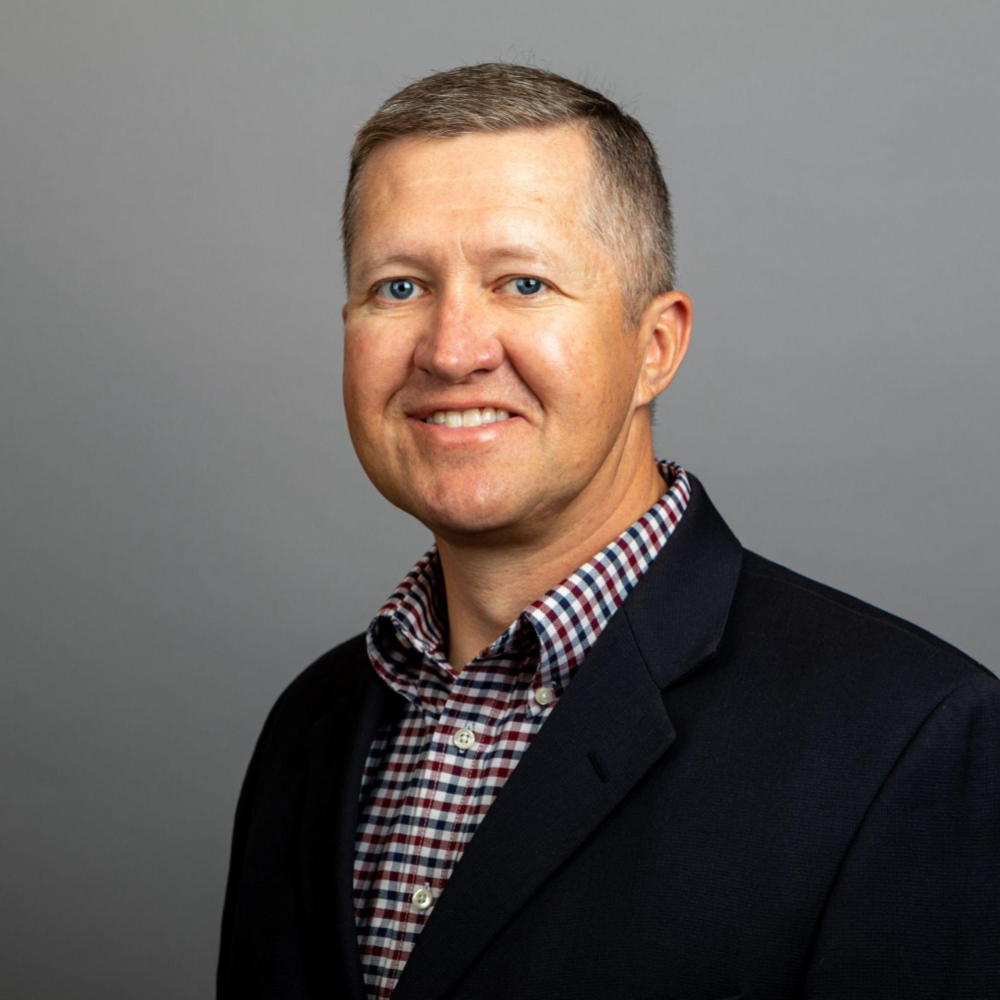
Jeremy Hawkins, PhD, LAT, ATC
Dr. Jeremy Hawkins is a professor in the Master of Science in Athletic Training program at Colorado Mesa University in Grand Junction, Colorado. He has served previously as a program director and coordinator of clinical education. In addition to his faculty role, Dr. Hawkins is the Academic Department Head for the Department of Kinesiology, a department that houses 5 undergraduate degrees, and 5 graduate degrees, including Occupational Therapy, Physical Therapy, and Physician Assistant Studies in addition to Athletic Training. His research interests focus on therapeutic modalities and athletic training education.
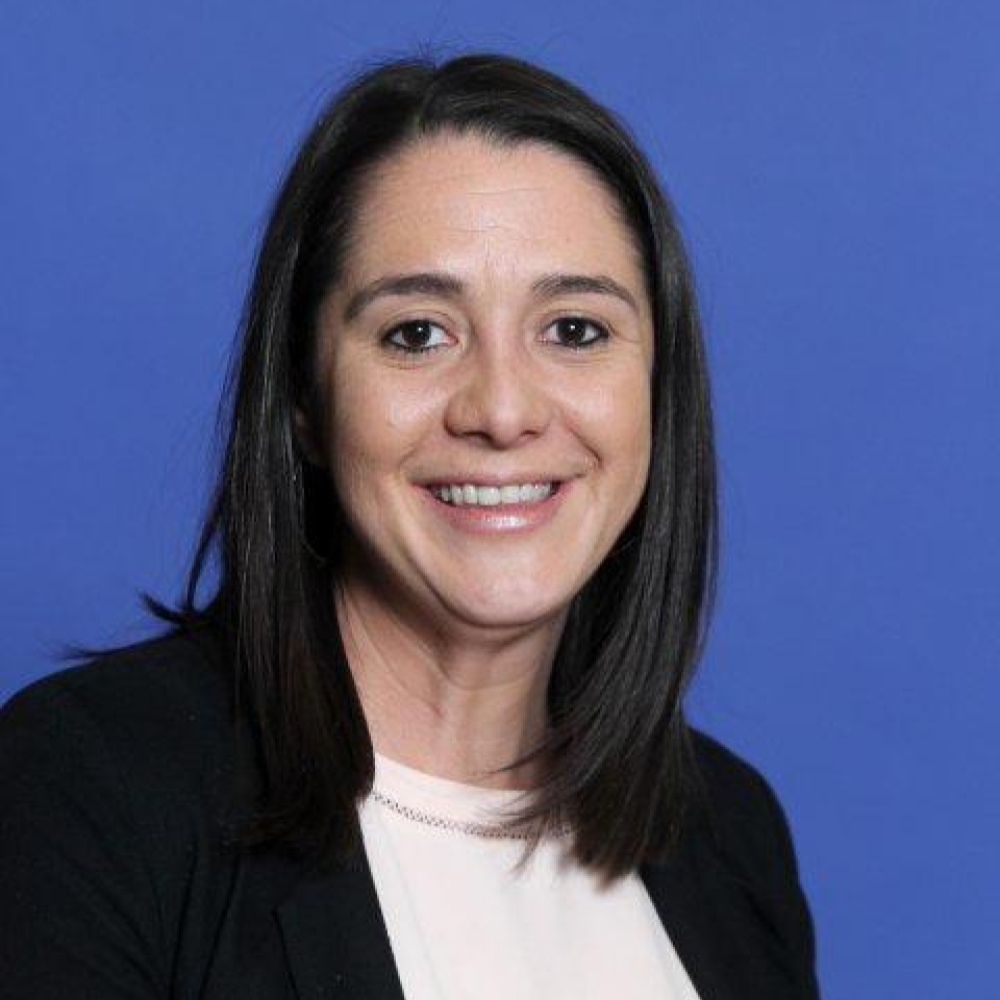
Jessica C. Martinez, PhD, ATC
Jessica C. Martinez, PhD, ATC is an Assistant Professor and Director of Clinical Education for the School of Rehabilitation Sciences at Old Dominion University in Norfolk, VA.

Joan O'Connell, EdD, MSEd, MLS (ASCP)
Dr. Joan O’Connell is an associate professor and chairperson for the department of health professions in the Dr. Dominic A. and Helen M. Bitonte College of Health and Human Services at Youngstown State University. Dr O’Connell is an American Society of Clinical Pathologists-certified medical laboratory scientist and has an extensive background in education and clinical laboratory science.
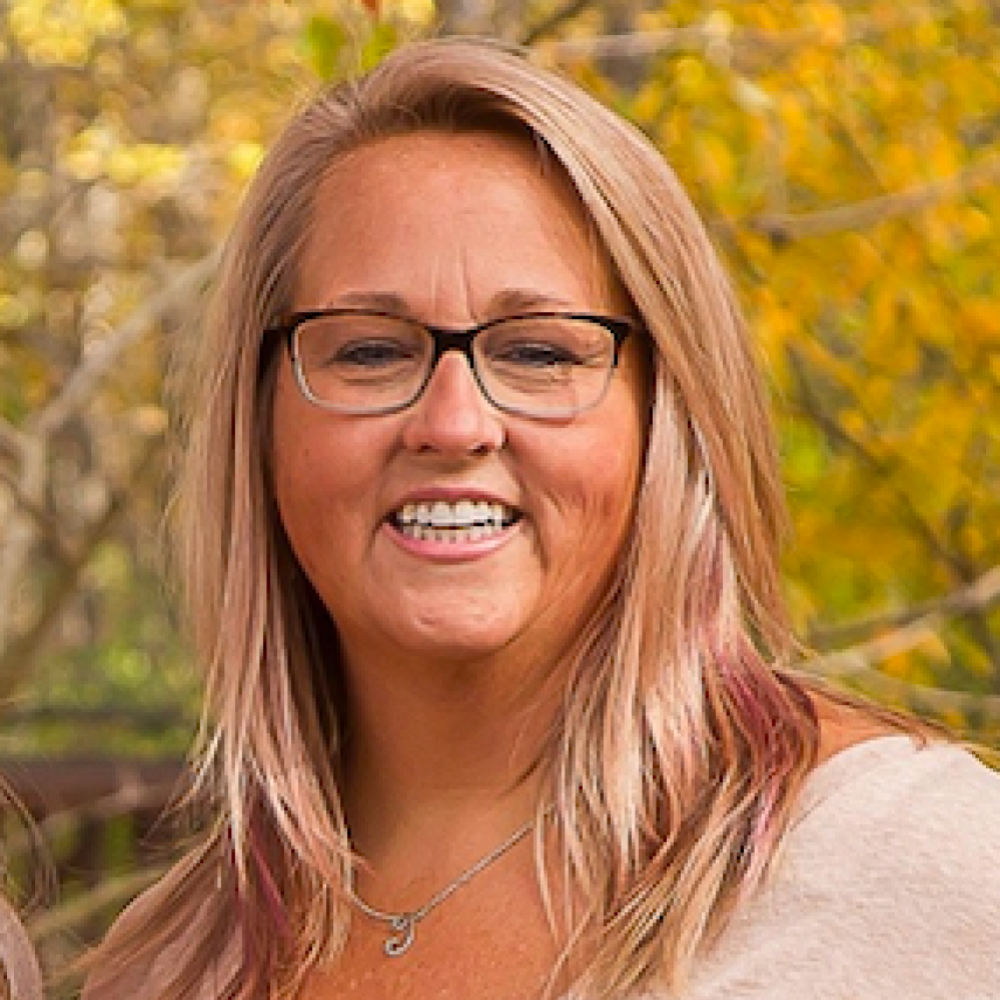
Jodi Schumacher, MS, LAT, ATC
Jodi Schumacher is currently an associate professor at Eastern Michigan University in the Athletic Training Program. Previously, Jodi served as the Program Director for 20+ years and has been a certified athletic trainer for 30 years. Her research interests are Interprofessional Education and student development.
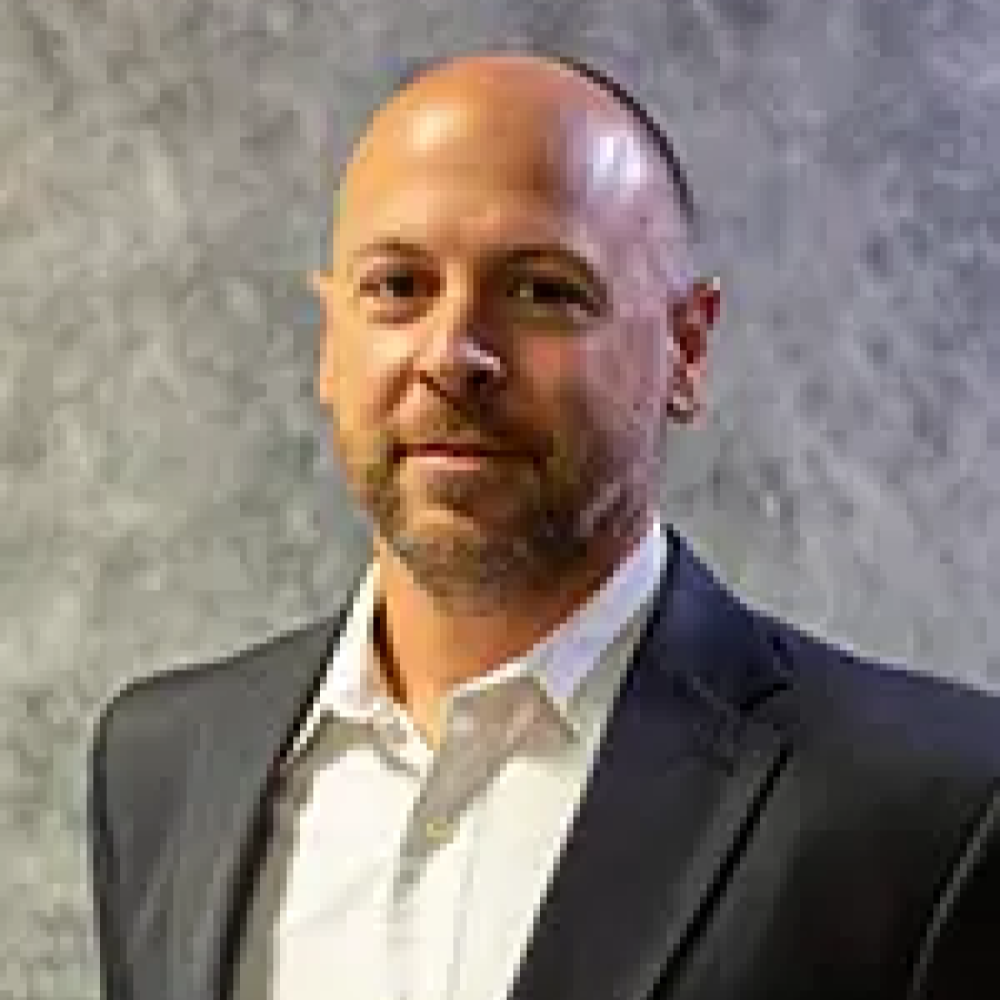
John Roberts, EdD, LAT, ATC
John C. Roberts, Jr., EdD, LAT, ATC is an assistant professor and Interim Program Director for Gannon University’s Master of Athletic Training Program in Erie, Pennsylvania. He was the Clinical Education Coordinator at Gannon from 2021 to 2024 and served as Undergraduate Program Director at Concord University in Athens, WV from 2014 to 2021. John was named the Athletic Training Educator of the Year by the West Virginia Athletic Trainers’ Association in 2018 and 2021. Before Concord, John was the athletic trainer at Spotswood High School in Penn Laird, Virginia. He also has clinical experience in collegiate settings and physicals therapy clinics. Dr. Roberts earned his Educational Doctoral in Curriculum and Instruction with a focus on Health Professions Education in 2019 from the University of Louisiana, Monroe. He completed the post-professional athletic training program and earned his Master of Science in Education at Old Dominion University in 2001 and he graduated from James Madison University’s undergraduate athletic training program with a Bachelor’s of Science in Kinesiology on 1998.He has served on many state, university, and organizational/hospital planning committees and advisory councils. Currently he is a member of the Continuing Education Committee for the Pennsylvania Athletic Trainers’ Society, the chair of the District 2 Honors and Awards Committee, and member of the National Athletic Trainers’ Association’s Executive Council for Education.John resides in Erie, PA with his wife, Katie, who is also an athletic trainer, and their three children. He is passionate about spending time with his family, serving as a Scoutmaster, coaching and playing soccer, camping, and kayaking.
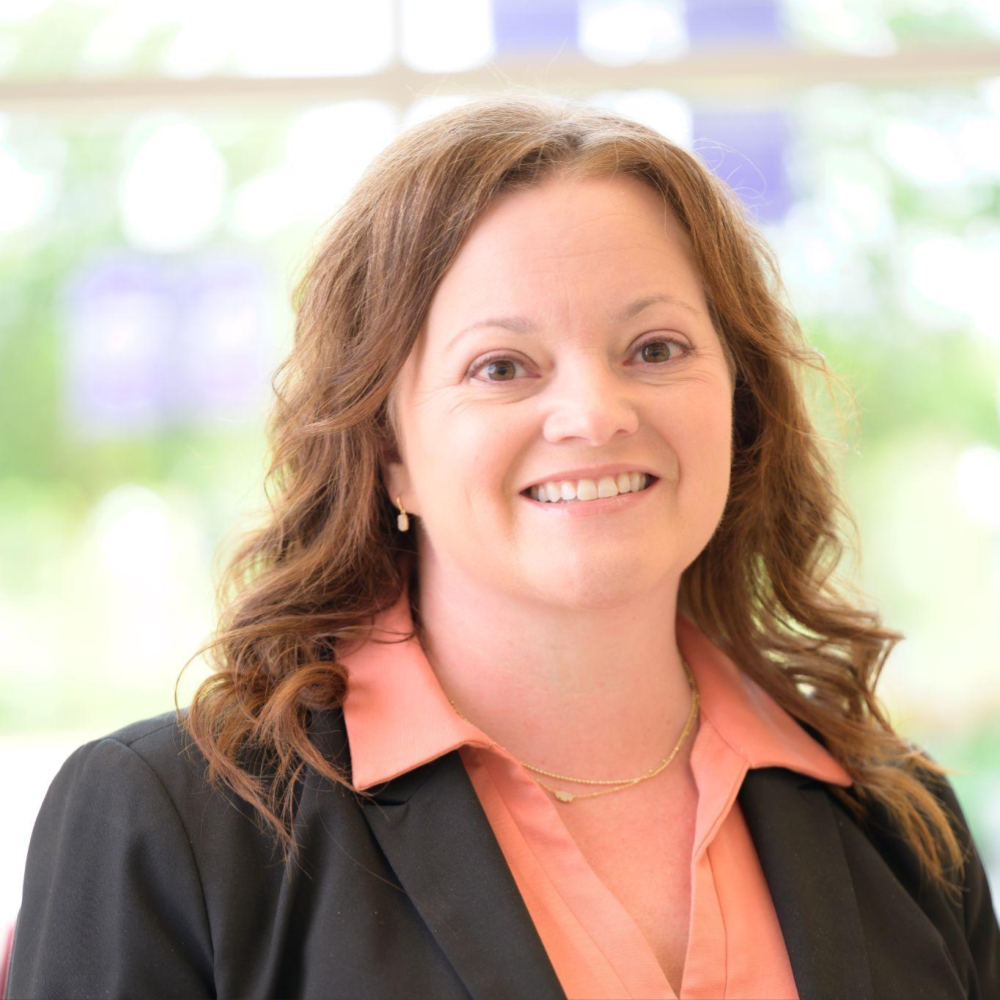
Jolene Henning, EdD, ATC, LAT
Dr. Jolene Henning, an associate professor and Chair of the Department of Athletic Training at High Point University and has been a certified athletic trainer since 1996. Dr. Henning is the Vice Chair of the CAATE Peer Review Committee and is an accreditation reviewer for professional programs. She has served in several leadership positions including the NATA Professional Education Committee for 11 years including a 4 year term as committee chair; a member of the NATA Executive Committee for Education where she co-chaired the taskforce that examined the entry-level degree requirements for athletic training professional education ultimately leading to the decision to elevate athletic training education to the graduate level. She has received athletic training service awards at the state and district levels along with the CAATE Presidents Award.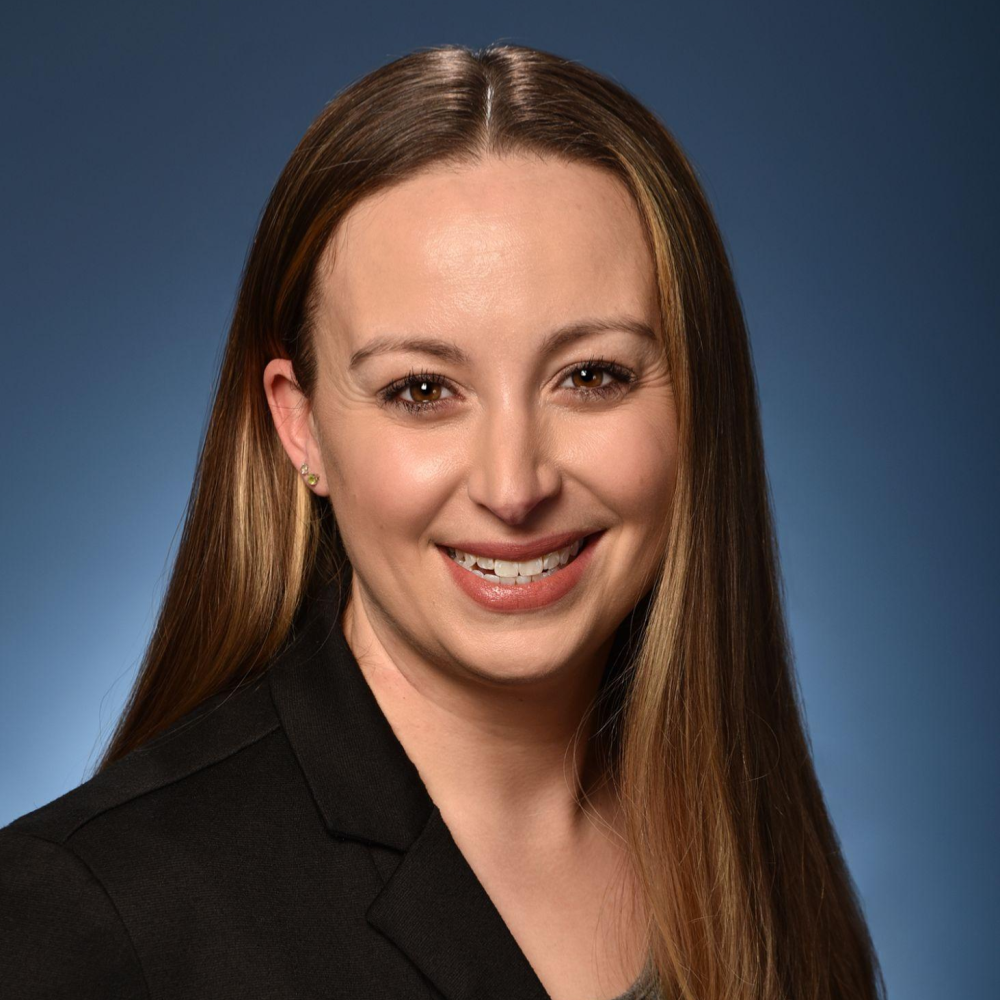
Kelly Pagnotta, PhD, LAT, ATC
Dr. Kelly Pagnotta currently serves as the Program Director/ Associate Professor at Thomas Jefferson University. She has worked clinically as an athletic trainer at various high schools and mass medical events.
Her research areas of interests are preventing sudden death and injuries in athletics using educational techniques and policy development through qualitative research methods. She is specifically interested in how we can get the current research, recommended guidelines and ""best practices"" into clinical practice.
Dr. Pagnotta serves as a reviewer for various athletic training journals and as a CAATE site visitor. She also serves as a Board of Director for the Association of Athletic Training Education. She a member of the National Athletic Trainers’ Association, Eastern Athletic Trainers’ Association and Athletic Trainers’ Society of New Jersey.
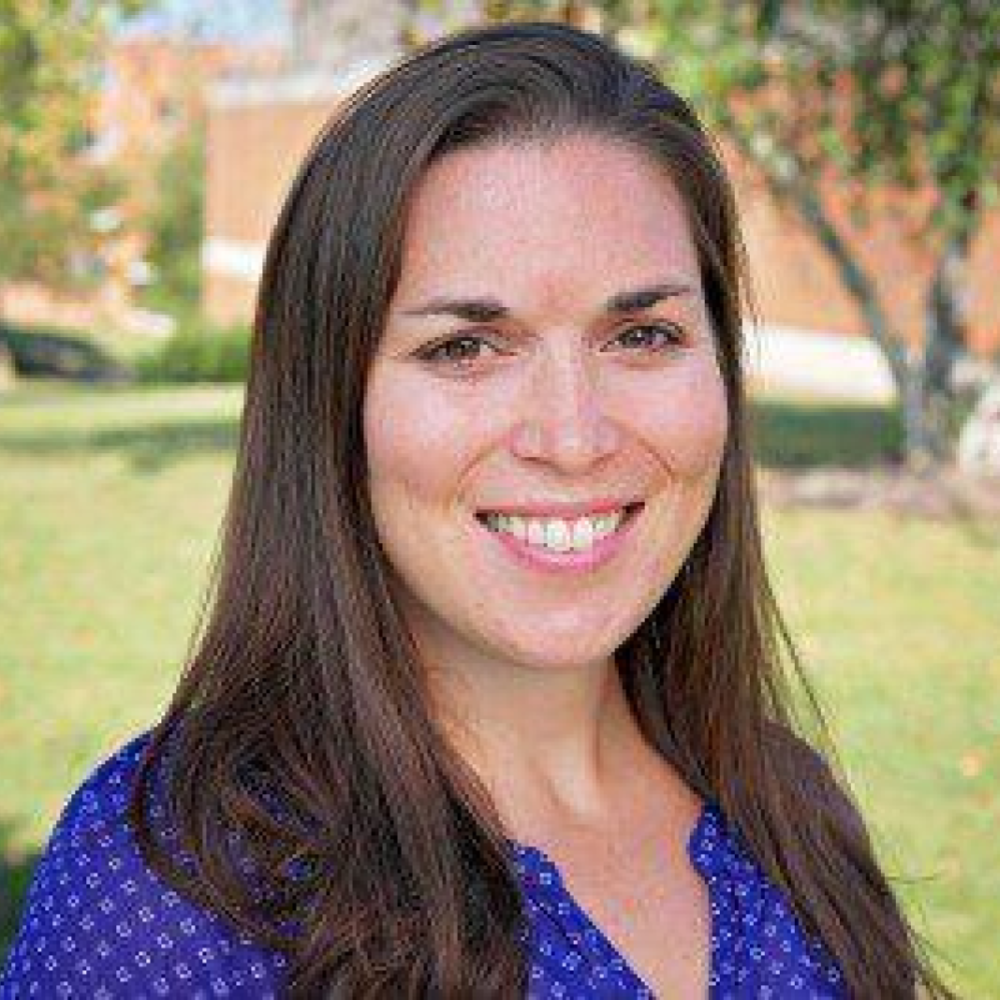
Laura Wamsley, EdD, LAT, ATC
Dr. Wamsley serves as an assistant professor and program director for the Master of Science in Athletic Training Program at Concord University in Athens WV. Prior to that responsibility she worked as the Clinical Education Coordinator for 7 years. As an educator, Dr. Wamsley works to develop methods to teach students difficult content in ways they can more easily process and master.
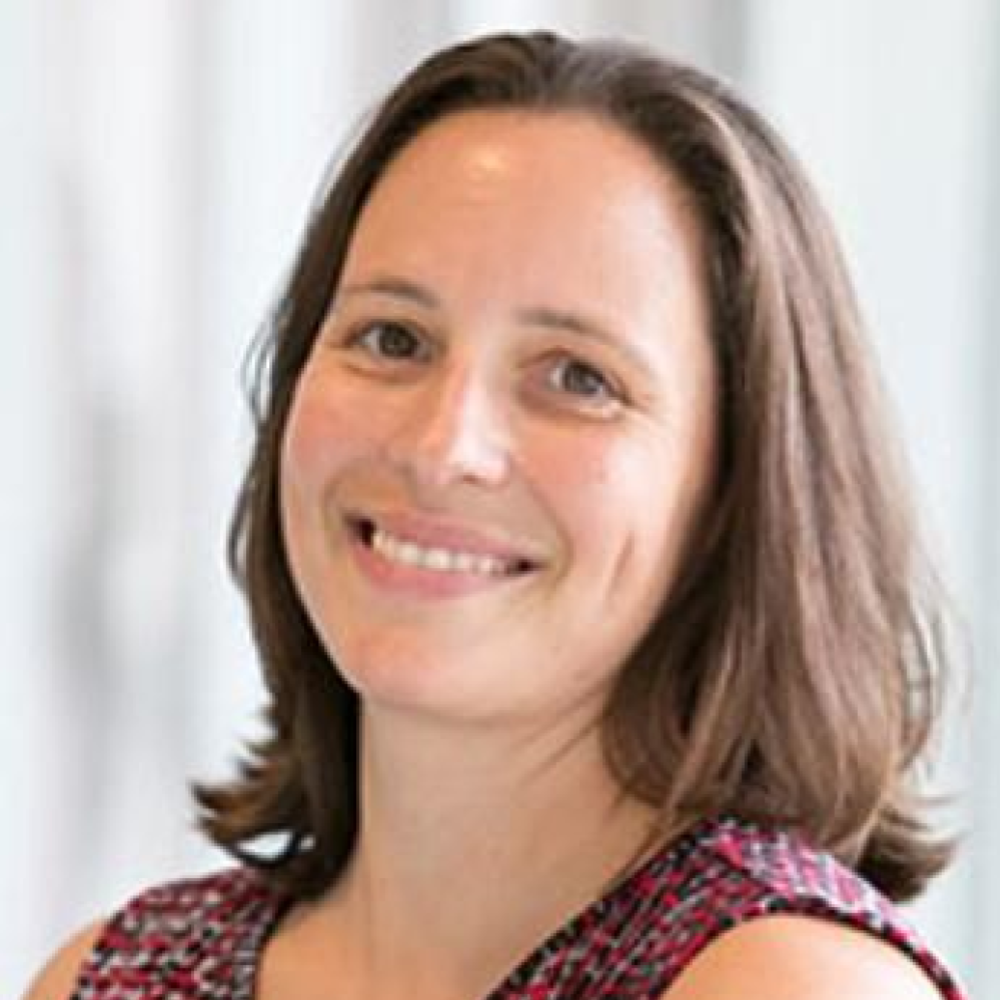
Leslie Rippon, PhD, ATC
Dr. Leslie Rippon is an associate professor in the Seton Hall University Master of Science in Athletic Training (MSAT) in the School of Health and Medical Sciences (SHMS), where she has taught since 2016. She obtained her master’s degree in athletic training and a PhD in Higher Education Leadership, Management, and Policy from Seton Hall University. Her excellence in the classroom is evidenced by receiving the Interprofessional Educator of the Year Award in Health Sciences Education in 2022 and the Excellence in Innovation and Teaching Award in Health Sciences Education in 2024. Dr. Rippon also received the School of Medical Sciences Researcher of The Year award in 2024. Her research interests include programmatic outcomes, interprofessional education, and virtual world learning environments. In addition to her teaching and research agenda, Dr. Rippon is actively serving the profession. She is a NATA Foundation Educational Resource Committee member and a reviewer for the Athletic Training Education Journal.

Lynnie Gandola, MSW
Lynnie Gandola is the owner of Gandola Goods, an online journal and custom book producer. She earned a bachelor's and master’s degree in Social Work at Brigham Young University and the University of Michigan respectively. As the owner of Gandola Goods, Lynnie aims to inspire creativity and self-expression through a captivating collection of unique journals and custom book projects, with a focus on her line of gratitude workbooks and emotions journals. Lynnie created the journal that was used in this project and has a passion for gratitude and its transformational nature.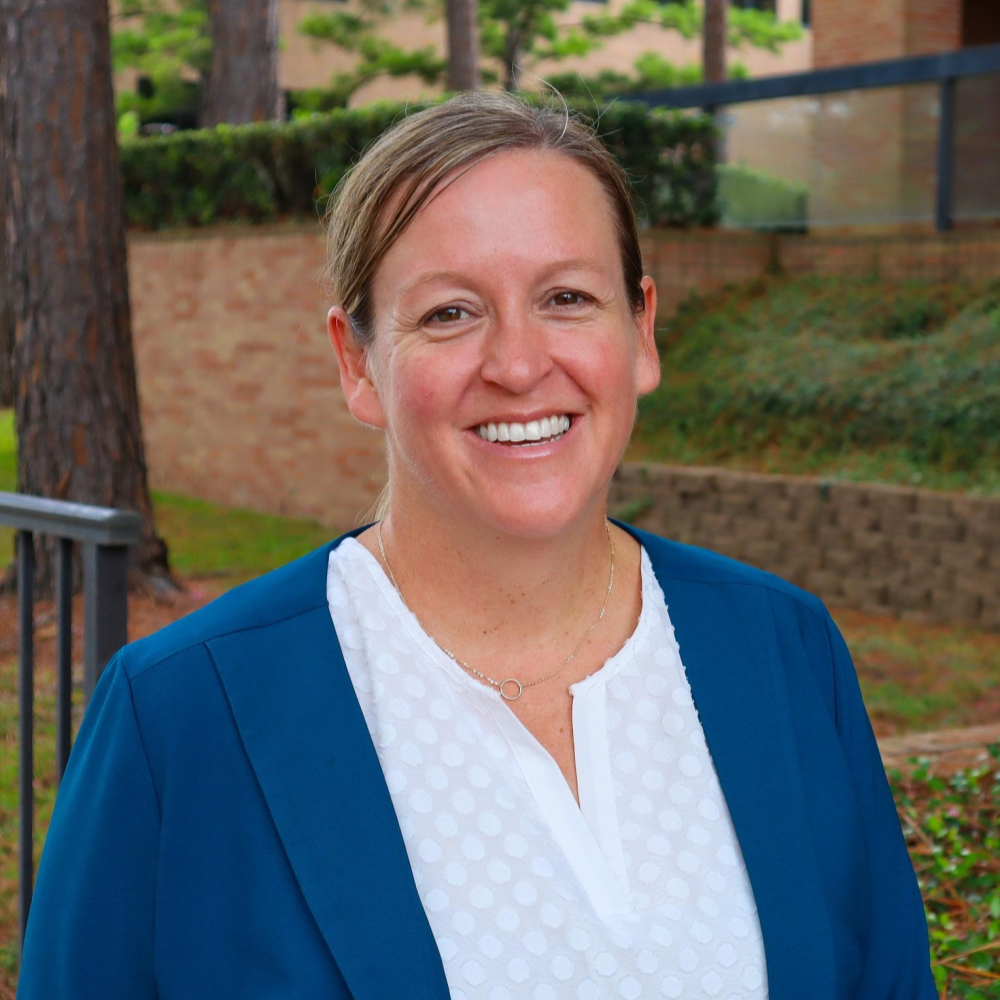
Mary Williams, EdD, LAT, ATC
Mary Williams EdD, LAT, ATC is Associate Professor and Athletic Training Program Director for the Master of Science in Athletic Training Program at Sam Houston State University (SHSU). Previously she was Clinical Assistant Professor and Program Director at Texas A&M University – Corpus Christi. She has worked clinically in the NCAA Division I collegiate setting, within physician practices and rehabilitation clinics.
Dr. Williams serves as a peer-reviewer with the Commission on Accreditation of Athletic Training (CAATE) since 2015. She has previously been an item writer for the Board of Certification and Southwest Athletic Trainers’ Association (SWATA) Chair of the Student Leadership Development Committee and Advisor of the SWATA Student Senate. Her research interests include lower extremity performance and outcome measures. She also has pedagogical research interests related to interprofessional education, project-based learning, and innovative teaching and learning strategies.

Matthew Mills, EdD, ATC, CHSE
Dr. Matt Mills is an Assistant Professor of Athletic Training at Springfield College and their simulation coordinator. He teaches primarily in the orthopedic evaluation and treatment of the upper extremity, head, neck, and spine. He serves on the NATA PRAT committee, CAATE Peer Review Committee, and is the chair of the EATA Moyer Award Committee. His research interests include head and spine injury, as well as the development of student performance and soft skills using technological solutions, specifically simulation.

Mayrena Hernandez, PhD, MPH, LAT, ATC
Dr. Hernandez earned her doctorate in Kinesiology with an emphasis in biomechanics from the University of Wisconsin–Madison in May 2022. She obtained a Bachelor of Science in Athletic Training from the University of Texas–Arlington in 2016. In 2018, she graduated from Kansas State University with her master’s in public health. Dr. Hernandez worked as a graduate assistant athletic trainer for the cross country and track and field men’s and women’s team during her time at Kansas State. During her time at UW-Madison she was a research assistant in the Wisconsin Injury in Sport Laboratory, teaching assistant for various courses, and a University Health Services/UW RecWell athletic trainer for their walk-in clinic.
Dr. Hernandez is the director of the Healthy Activity toward Promoting Injury Reduction (HAPIR) lab. Dr. Hernandez's research focuses on mixed-methods studies that examine how low socioeconomic status and/or minority race/ethnicity youth athlete families are impacted by the negative consequences of sport specialization. Additionally, she is interested in how athletic trainers’ clinical decisions may be impacted by a youth athletes’ socioeconomic status.
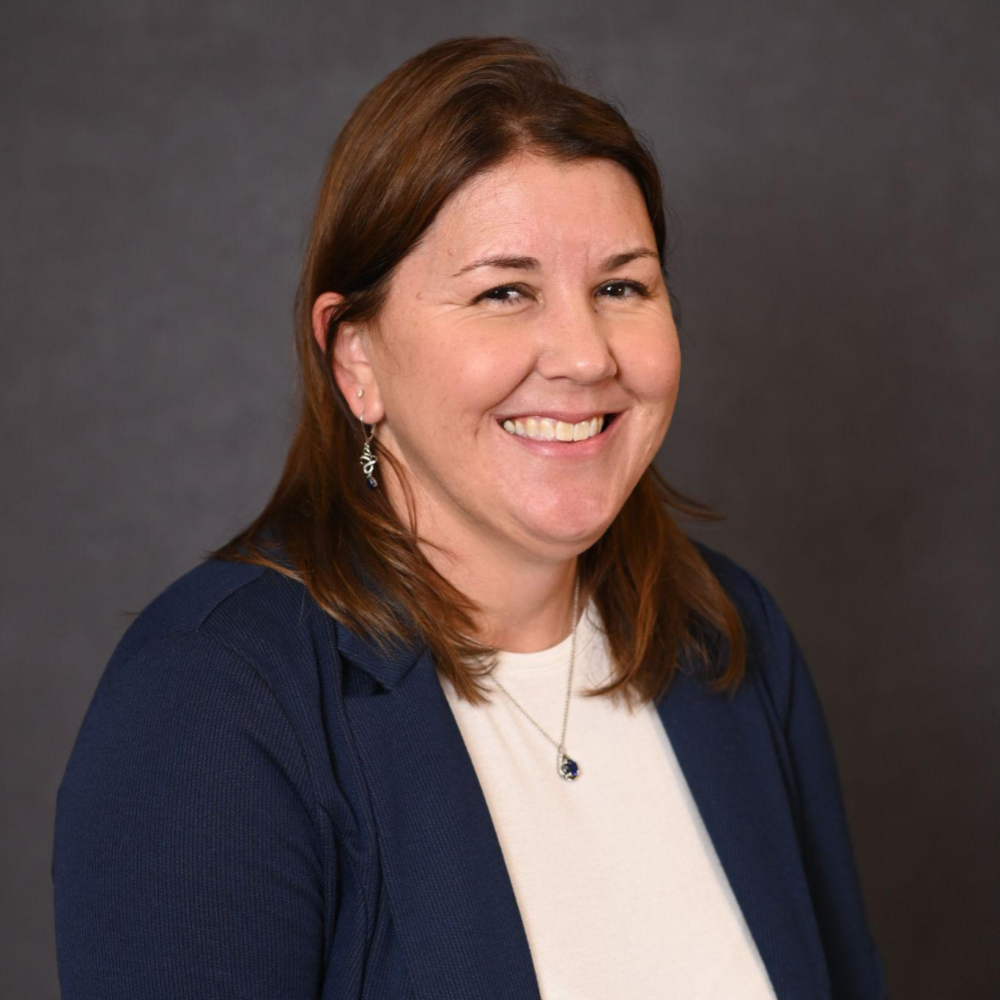
Morgan Bagley, PhD, ATC
Morgan Cooper Bagley PhD, AT, ATC is the Coordinator of Clinical Education/Associate Professor for the Youngstown State University Master of Athletic Training Program. Morgan has her PhD in Exercise Physiology and her MA in Exercise Physiology from Kent State University, and her BS in Athletic Training from Mount Union College.
Morgan is an instructor for American Red Cross First Aid and CPR and Stop the Bleed. She also is an editor for the Athletic Training Education Journal. Her research interests include clinical application of diagnostic ultrasound in sports medicine, fatigability of surgically repaired anterior cruciate ligaments, and interdisciplinary student learning. Her previous clinical and teaching experience includes University of Mount Union, East Carolina University and Kent State University.
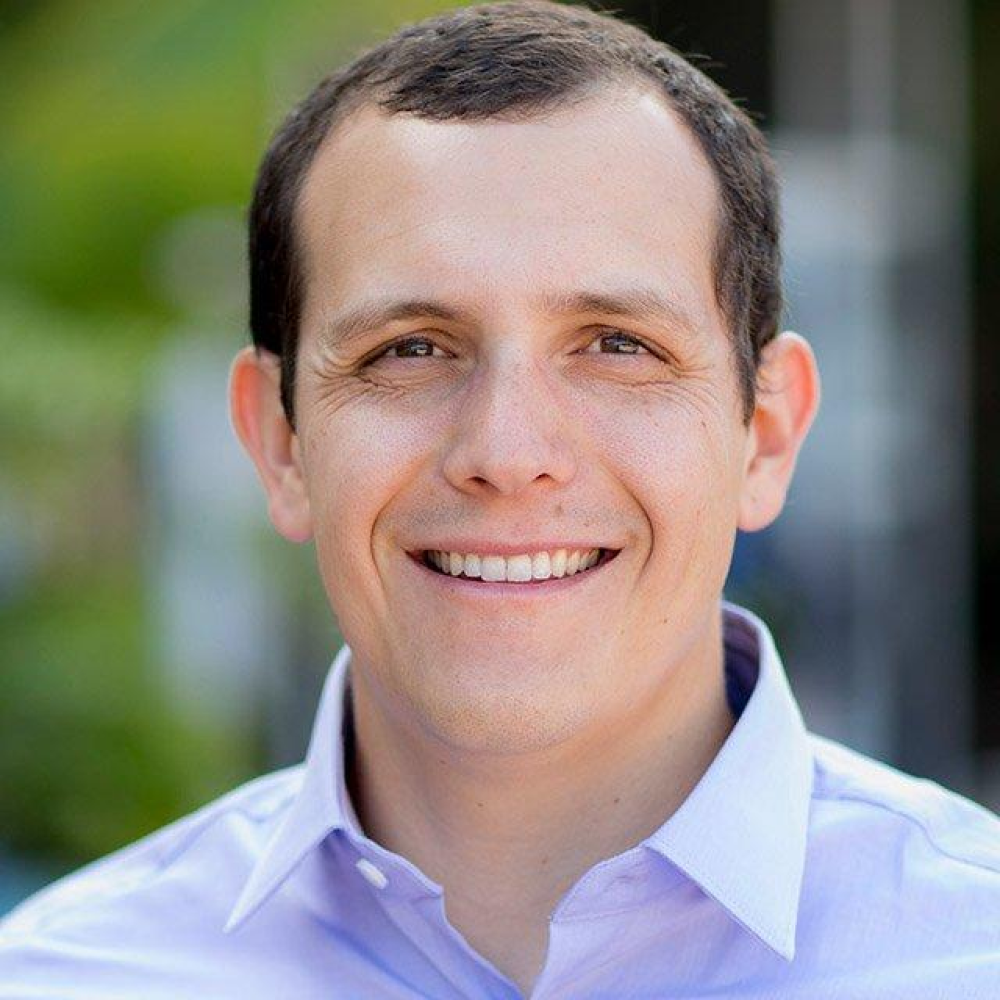
Ryan Nokes, PhD, ATC
Dr. Ryan Nokes is the Clinical Education Coordinator for the Master's of Science in Athletic Training Program at Point Loma Nazarene University (San Diego, CA). Dr. Nokes has been teaching out Point Loma since 2015 and teaches courses in the Athletic Training Program, the Undergraduate Kinesiology Department, the Graduate Kinesiology Department, and the Anatomy Learning Institute (ALI). Dr. Nokes is a Board Certified Athletic Trainer (ATC) and Certified Strength & Conditioning Specialist (CSCS). -
Model Practice - Through a scaffolded approach, students learn about professional advocacy as a section of the transition to professional practice course. The students begin with an overview of challenges associated with transition to practice, professional communication and license and practice acts. Students then review policies and developing policies. In addition to transition to practice issues, students learn about knowing their value, in which they review value model resources and watch webinars related to value models. Students then learn about various forms of professional advocacy through a multi-modal approach (e.g., readings, NATA advocacy center, NATA legislative alert center, webinars and podcasts)….
Abstract:
Through a scaffolded approach, students learn about professional advocacy as a section of the transition to professional practice course. The students begin with an overview of challenges associated with transition to practice, professional communication and license and practice acts. Students then review policies and developing policies. In addition to transition to practice issues, students learn about knowing their value, in which they review value model resources and watch webinars related to value models. Students then learn about various forms of professional advocacy through a multi-modal approach (e.g., readings, NATA advocacy center, NATA legislative alert center, webinars and podcasts). Once students learn the basics, guest speakers attend class to discuss professional advocacy. The university legislative liaison provides an overview of how to advocate to legislators, including how to communicate and develop relationships. Members of the North Carolina Athletic Trainers’ Association Public Relations Committee also provide examples of how they have advocated for the profession across the state at the secondary school level (e.g., North Carolina Board of Education) and to legislators. This section culminates with an advocacy project. This project is introduced early in the semester to allow students to get ideas from the guest speakers related to their topic. Students are free to select any cause if it relates to professional advocacy. Students select an audience related to their cause (e.g., school board, policymakers, legislative policymakers, general public). Based on the cause and audience, students will create a deliverable (e.g., presentation to policymakers, letter to legislators, infographic). The deliverable includes information about the cause with supporting data, clearly articulated cause, stance and call to action.Learning Objectives:
- Describe a scaffolded approach to teach professional advocacy.
- Implement an advocacy project to prepare students to advocate for the profession.
Track: Pedagogy
Format: Model PracticeThis Session is Not Eligible for CEUs.
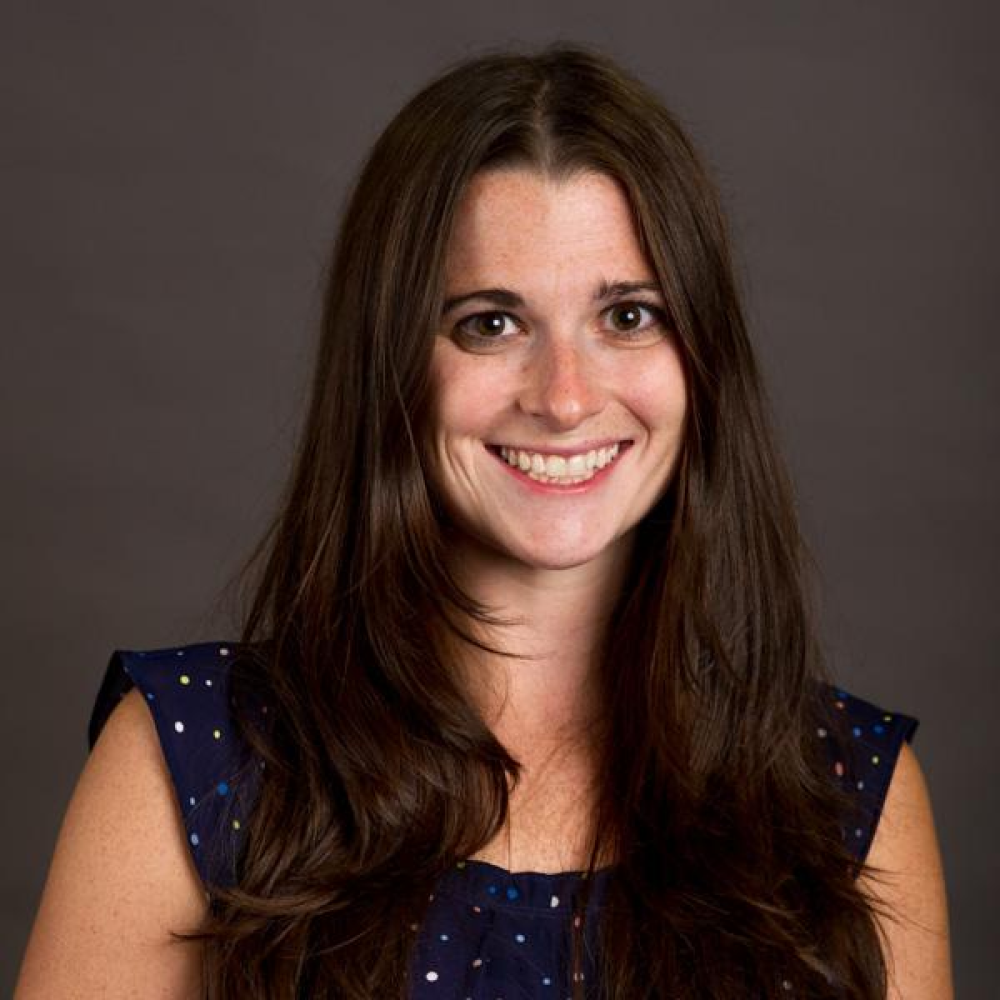
Ashley Thrasher, EdD, LAT, ATC, CSCS
Western Carolina University
Ashley Thrasher is an Associate Professor and Athletic Training Program Director at Western Carolina University. Ashley's clinical specialties are therapeutic interventions, shoulder, hip, biomechanics, and emergency care. Her research interests are in professional socialization, transition to practice, and therapeutic interventions. She serves on the NATA Executive Council for Education, MAATA Research and Grants Committee, NCATA Professional Development Committee, ATEJ Associate Editor, and CAATE Peer Reviewer.
-
Lecture - The objective of this lecture is to delve into the potential of generative artificial intelligence (AI) in augmenting the capabilities of athletic training educators and fostering student success, all while maintaining academic integrity. It aims to pinpoint growth opportunities within AI that can be utilized to empower educators and cultivate a vibrant and innovative learning environment for students, particularly for high-stakes assignments. The need for this exploration is driven by the current novelty of generative AI in education, athletic training practice and health care, where the full potential of AI is yet to be harnessed. The lecture has a dual purpose…
Abstract:
The objective of this lecture is to delve into the potential of generative artificial intelligence (AI) in augmenting the capabilities of athletic training educators and fostering student success, all while maintaining academic integrity. It aims to pinpoint growth opportunities within AI that can be utilized to empower educators and cultivate a vibrant and innovative learning environment for students, particularly for high-stakes assignments. The need for this exploration is driven by the current novelty of generative AI in education, athletic training practice and health care, where the full potential of AI is yet to be harnessed. The lecture has a dual purpose: to illuminate the potential applications of AI in athletic training education for attendees and advocate for a thoughtful and ethical approach to its integration into programs. The final aim is designed to start equipping attendees with the knowledge and skills necessary to address potential gaps in both educators and students’ needs. Recognizing the importance of understanding the appropriate and potential misuses of AI in the classroom, this lecture will also delve into the ethical considerations associated with AI usage in education.Learning Objectives:
- List the key areas where AI can enhance the role of athletic training educators and promote student success.
- Explain the ethical considerations surrounding the use of AI in the classroom.
- Apply the knowledge of AI to identify potential areas of growth within their own teaching practice.
- Analyze the potential benefits and drawbacks of AI in athletic training education.
- Evaluate the effectiveness of AI applications in their own teaching practice and make necessary adjustments for improvement.
Level:
EssentialDomain(s):
Domain 5: Health Care Administration and Professional ResponsibilityCEUs:
0.75 Category ATrack: Program Administration
Format: LectureIn order to earn your CEUs, you must watch the session video in its entirety and complete the assessment.
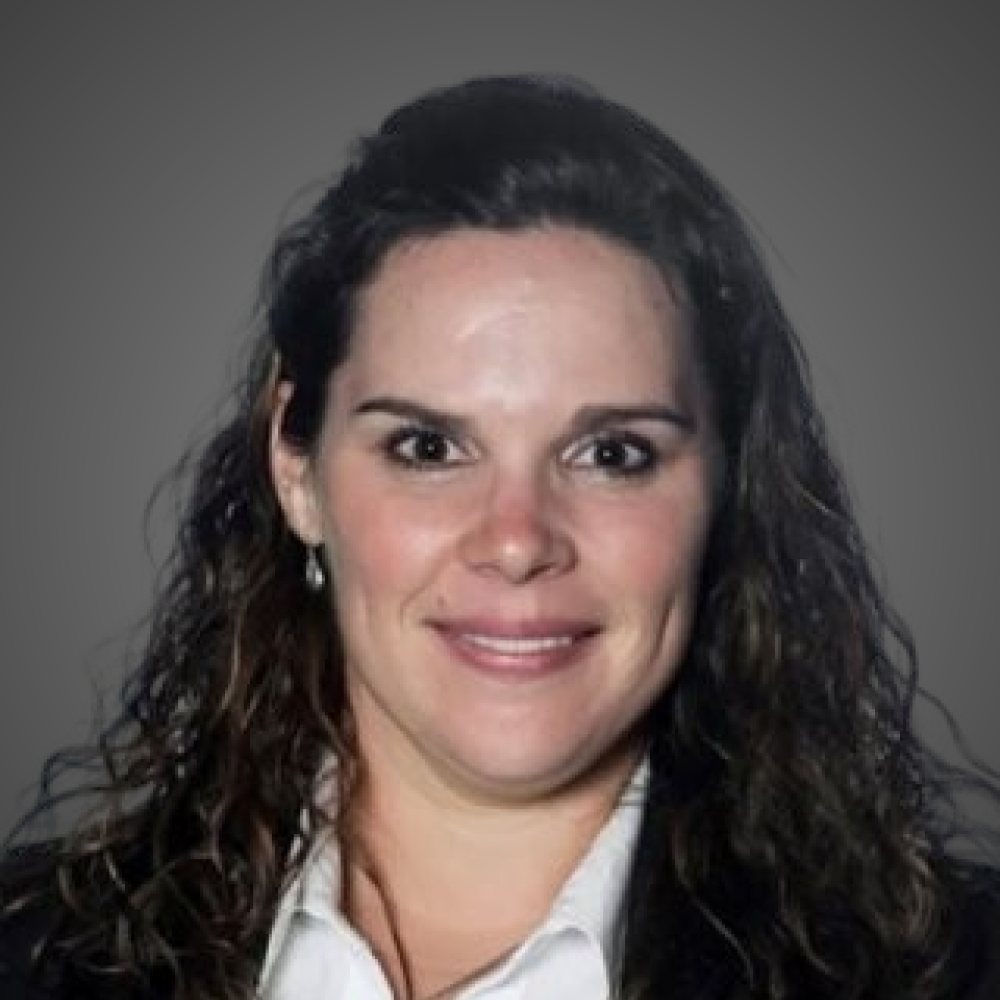
Erin Moore, PhD, LAT, ATC, CSCS
Erin M. Moore is currently an Assistant Professor and Clinical Coordinator of Education at the University of Virginia’s Master of Athletic Training program.
Erin received her bachelors of Kinesiology, with a specialization in Athletic Training from University of New Hampshire, a Master of Science in Exercise Science from James Madison University, and a PhD in Motor Behavior from the University of South Carolina. Erin has worked clinically as a PT/HS outreach Athletic Trainer, has over 7 years at the Division I collegiate level, and over 10 years working per diem and large events. Erin’s research has focused on human performance and health including the physiological and psychological components related to the Female/Male Athlete Triad and REDs. -
Lecture - In the evolving landscape of athletic training education, the integration of cutting-edge technologies is necessary to prepare students for the challenges they will face in their careers. However, despite the rapid advancements in artificial intelligence (AI), its potential to enhance educational outcomes in athletic training programs remains largely untapped. There is a pressing need to bridge this gap and explore how AI can revolutionize the way athletic training faculty deliver education in this field. This lecture will showcase practical examples of how AI technologies, such as ChatGPT, can be seamlessly integrated into educational practices to enhance learning outcomes. By leveraging AI tools effectively…
Abstract:
In the evolving landscape of athletic training education, the integration of cutting-edge technologies is necessary to prepare students for the challenges they will face in their careers. However, despite the rapid advancements in artificial intelligence (AI), its potential to enhance educational outcomes in athletic training programs remains largely untapped. There is a pressing need to bridge this gap and explore how AI can revolutionize the way athletic training faculty deliver education in this field. This lecture will showcase practical examples of how AI technologies, such as ChatGPT, can be seamlessly integrated into educational practices to enhance learning outcomes. By leveraging AI tools effectively, AT faculty can create engaging learning experiences, streamline administrative tasks and provide personalized support to students. This not only enhances students’ academic success but also equips them with the skills and knowledge needed to excel in their future roles as athletic trainers.Learning Objectives:
- Recognize fundamental concepts of AI and its relevance to athletic training education.
- Comprehend the potential applications of AI in facilitating course and program outcomes, including enhancing student engagement, automating administrative tasks and providing personalized learning experiences.
- Apply AI tools to design and implement interactive learning activities that promote critical thinking and skill acquisition in athletic training.
Level:
AdvancedDomain(s):
Domain 2: Assessment Evaluation and Diagnosis
Domain 4: Therapeutic InterventionCEUs:
0.5 Category ATrack: Pedagogy
Format: LectureIn order to earn your CEUs, you must watch the session video in its entirety and complete the assessment.
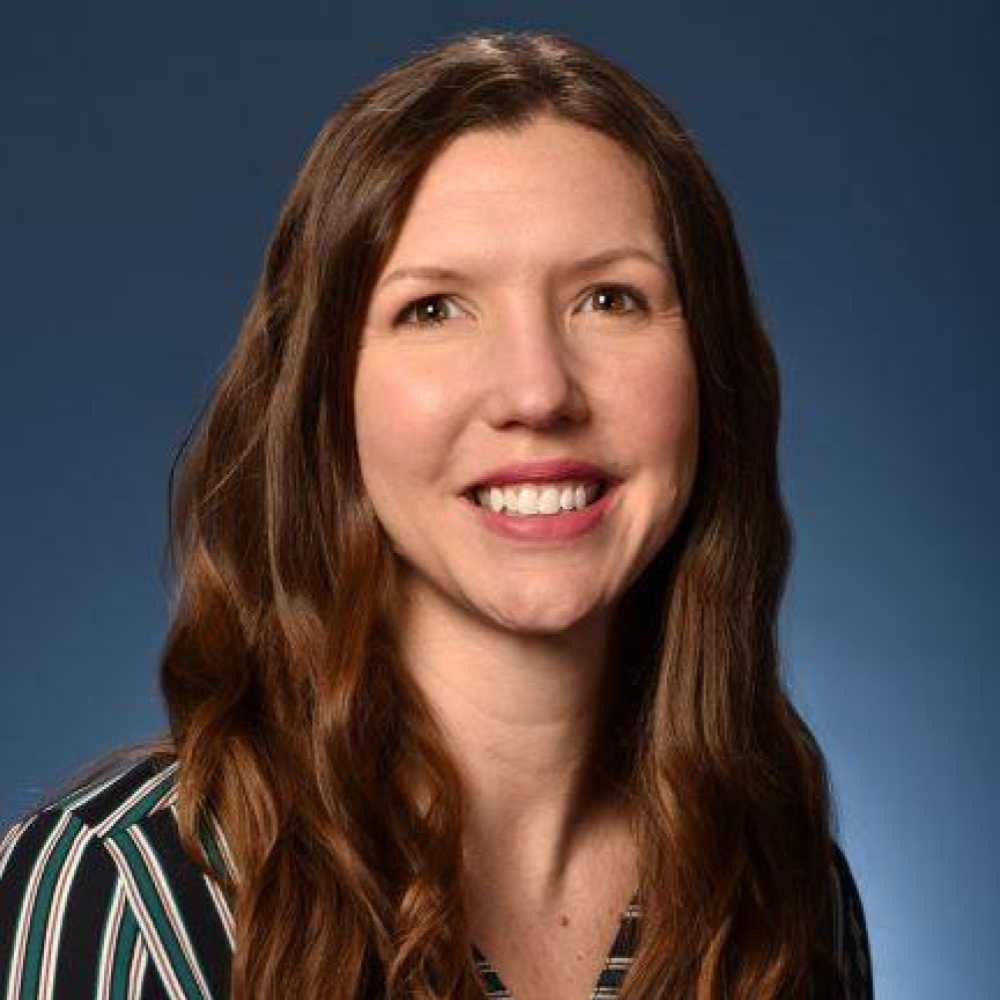
Erin Pletcher, PhD, LAT, ATC, CSCS
Erin Pletcher, PhD, LAT, ATC, CSCS is an associate professor in the Department of Exercise Science at Thomas Jefferson University in Philadelphia, PA where she teaches graduate level athletic training courses. Her research interest primarily lies within musculoskeletal factors and coordination of athletes and the effects of a competition season on individual athletes.
Dr. Pletcher was an assistant professor at Rowan University from 2017-2020 where she also taught in Rowan’s Athletic Training Education Program. Prior to that, Dr. Pletcher received her doctorate from the University of Pittsburgh while working in the Neuromuscular Research Laboratory / Warrior Human Performance Research Center on injury prevention and performance enhancement in the United States military. Dr. Pletcher has also been the Head Athletic Trainer and Assistant Director of Athletics at Philadelphia University where she oversaw healthcare for 18 varsity sports teams.
-
Lecture - With the escalating frequency of disaster and mass casualty events, it’s crucial to train future health care providers in triage and collaborative care of victims. The need for health care professionals to work seamlessly in interdisciplinary teams is particularly crucial during disaster and mass casualty scenarios as previous studies have highlighted the importance of interprofessional collaboration due to the challenges of communication in health care. This lecture will contribute to the ongoing discourse on interprofessional education by offering a tangible model for integrating diverse health care disciplines into a collaborative learning experience. This lecture will describe an interprofessional mass casualty simulation specifically designed for athletic training…
Abstract:
With the escalating frequency of disaster and mass casualty events, it’s crucial to train future health care providers in triage and collaborative care of victims. The need for health care professionals to work seamlessly in interdisciplinary teams is particularly crucial during disaster and mass casualty scenarios as previous studies have highlighted the importance of interprofessional collaboration due to the challenges of communication in health care. This lecture will contribute to the ongoing discourse on interprofessional education by offering a tangible model for integrating diverse health care disciplines into a collaborative learning experience. This lecture will describe an interprofessional mass casualty simulation specifically designed for athletic training, nursing and paramedic students and family medicine physician residents. The simulation was based on the principles of professionalism, physiologic understanding and interdisciplinary practice and learning, and aimed to actively engage participants in a collaborative and immersive learning experience and prepare participants for the challenges of post-mass casualty scenarios, fostering reflection on roles and enhancing understanding of the interconnected dynamics within health care teams during crises. This lecture will examine the use of simulation standards, present findings from a mixed-method study and emphasize the continuous quality improvement process utilized in the design of this large-scale simulation. Presenters will provide insights into improving collaboration among health care disciplines and refining education strategies to address the evolving needs of interprofessional education and disaster preparedness. Best practices for future interprofessional mass casualty simulations will be examined.Learning Objectives:
- Summarize the challenges and successes encountered when implementing an interprofessional mass casualty simulation.
- Identify key insights and knowledge acquired through the continuous quality improvement process, exploring how continuous refinement enhanced the simulation's educational impact on students’ experiences.
- Recognize the impact of integrating diverse health care disciplines in the simulation.
- Discuss best practices for future implementations.
Level:
EssentialDomain(s):
Domain 2: Assessment Evaluation and Diagnosis
Domain 3: Critical Incident Management
Domain 5: Health Care Administration and Professional ResponsibilityCEUs:
0.5 Category ATrack: Pedagogy
Format: LectureIn order to earn your CEUs, you must watch the session video in its entirety and complete the assessment.

Elizabeth Drake, EdD, LAT, ATC
Dr. Liz Drake is an educator and certified athletic trainer with extensive experience in teaching, research, and clinical practice. Dr. Drake is currently an Assistant Professor and Clinical Education Coordinator at Minnesota State University, Mankato, where she also serves as Affiliated Faculty for the Center for Rural Behavioral Health. Her teaching portfolio includes a wide range of courses such as Structural Kinesiology and Biomechanics, Advanced Sports Medicine, Manual Therapy and Neurological Assessment and Care, delivered in traditional, hybrid, and online formats.
Dr. Drake's expertise extends to simulation-based education, where she has helped design and executed emergency simulations for athletic training students, managed manikin responses, and participated in interprofessional mass casualty simulations. She has also trained standardized patients, created patient profiles, and developed interprofessional simulation experiences for undergraduate and graduate allied health and nursing students.
Throughout her career, Dr. Drake has contributed to the athletic training field through presentations, research, and service. She has been actively involved in professional organizations, including the Minnesota Athletic Trainers’ Association and the Great Lakes Athletic Trainers’ Association and currently serves as an advisor for the Minnesota Athletic Trainers’ Association Student Senate.
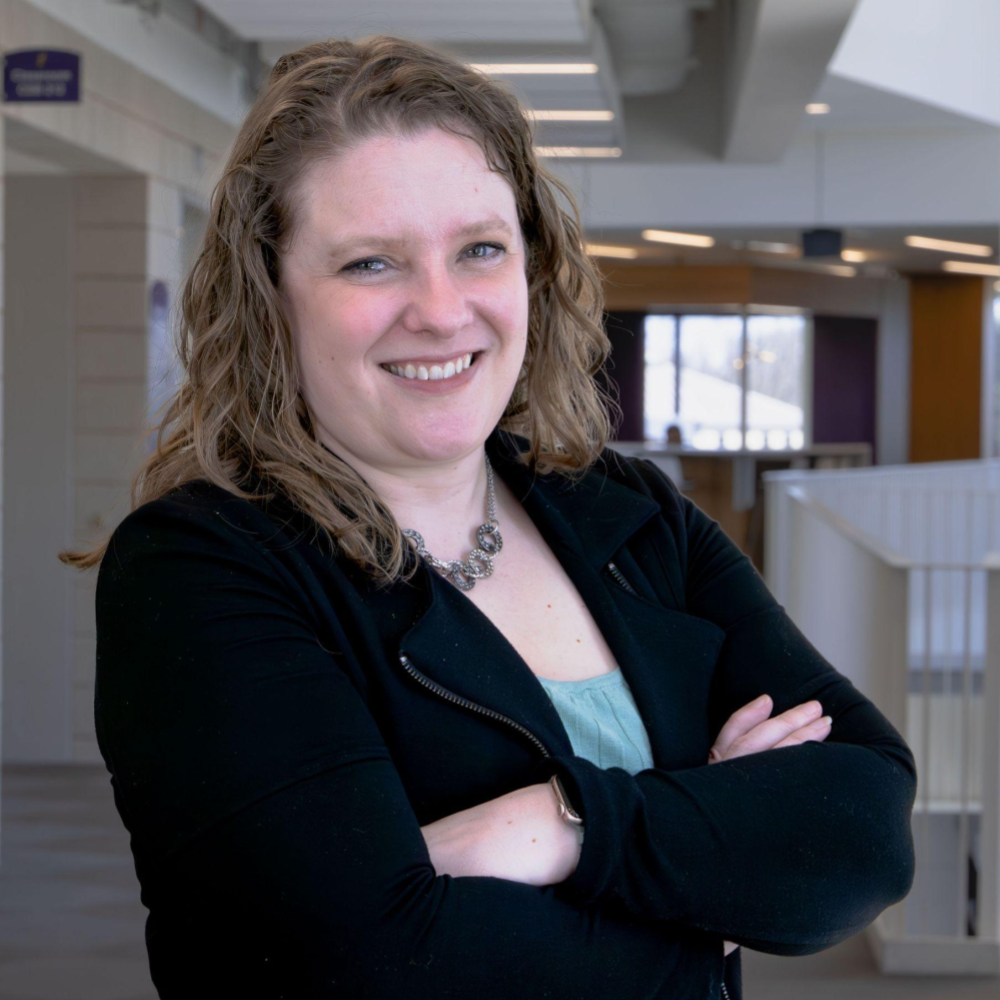
Megan Dohm, MA, RN, PHN, CHSE
Dr. Megan Dohm serves as the Academic Director of the Maverick Family Simulation Center and nursing faculty teaching using simulation-based strategies at Minnesota State University, Mankato. Dr. Dohm has developed, facilitated, and evaluated simulation-based learning activities for nursing and other allied health faculty while in her position at the university. In previous roles, Dohm served as Coordinator of the Simulation Center and was responsible for all aspects of a simulation program, including program planning, budget, student learning outcomes, and evaluation. Dohm has facilitated medical-surgical, home health, obstetric, pediatric, and emergency department simulations for undergraduate nursing students. In her work with other allied health professions, she has assisted faculty in facilitating simulations for athletic training graduate students, dental hygiene, and speech pathology students.
Dr. Dohm has served in many leadership roles, including Faculty Counselor of the Mu Lambda Chapter of Sigma Theta Tau International, Archivist of the Minnesota Alliance for Nursing Education (MANE) Curriculum Committee, and Chair of Curriculum (Inver Hills Community College) and STIC (Minnesota State University, Mankato) committees. Dohm’s research interests include interprofessional simulation and academic/practice partnerships in simulation and psychomotor skills training.
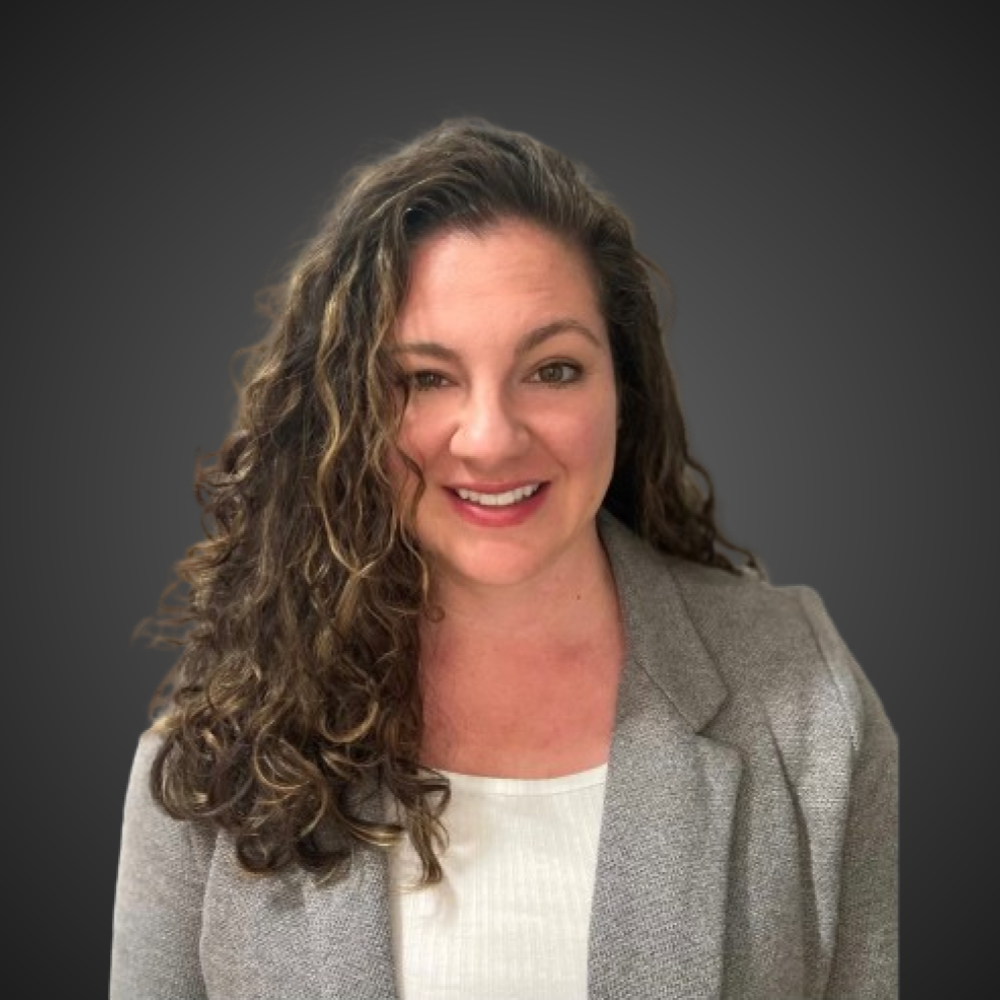
Sabrina Ehmke, DNP, RNC-OB, NPD-BC, PHN
Dr. Sabrina Dean Ehmke (she/her), DNP, RNC-OB, NPD-BC, PHN, is a highly accomplished nursing professional and Assistant Professor in the Department of Nursing at Minnesota State University, Mankato. She earned her Doctorate in Nursing Educational Leadership from American Sentinel University in 2019, graduating summa cum laude. Dr. Ehmke holds a Master of Science in Nursing from Grand Canyon University (2011) and a Baccalaureate in Science in Professional Nursing from Minnesota State University (2003).
Dr. Ehmke's teaching portfolio encompasses a range of courses including Caring, Courage, Team Building, Relationship-Based Care in Nursing Practice, Nursing Care of Families, Obstetrics and Pediatric Nursing Care, Leadership, and Community Health Nursing. Her previous roles include Dean of Nursing, where she provided leadership in financial initiatives, policy writing, nursing curriculum development, hiring and orientation, and establishing clinical partnerships.
Her professional interests focus on women’s healthcare, family-focused care, population/community health, aging individuals and families, and fostering student success. Dr. Ehmke has contributed to publications in Clinical Simulation in Nursing, The American Journal of Maternal Child Nursing, Nursing Management, and Creative Nursing journals. Her research primarily centers around simulation techniques, community-focused interventions, and enhancing student experiences.
Beyond her academic and professional achievements, Dr. Ehmke is deeply committed to community health nursing and service. She volunteers with organizations such as the Mankato Food Shelf, Alzheimer’s Action Committee, VINE Faith in Action, and the Living Earth Center's Community Farm. Dr. Ehmke serves as Health Pod Coordinator for Project Community Connection, illustrating her dedication to community-based initiatives and giving back to the community that has shaped her nursing career. -
Lecture - Interprofessional education, as defined by the World Health Organization, “occurs when students from two or more professions learn about, from and with each other.” The Commission on Accreditation of Athletic Training Education 2020 Standards introduced interprofessional education and practice into athletic training education requirements. Athletic training program faculty have since incorporated a variety of interprofessional education simulations in education programs. For example, University of Utah’s athletic training students participate in large activities encompassing most health care professions within the academic medical center campus in the broader health care setting versus small activities with only select professions designed in an athletic training setting. Students learn distinct interprofessional skills through…
Abstract:
Interprofessional education, as defined by the World Health Organization, “occurs when students from two or more professions learn about, from and with each other.” The Commission on Accreditation of Athletic Training Education 2020 Standards introduced interprofessional education and practice into athletic training education requirements. Athletic training program faculty have since incorporated a variety of interprofessional education simulations in education programs. For example, University of Utah’s athletic training students participate in large activities encompassing most health care professions within the academic medical center campus in the broader health care setting versus small activities with only select professions designed in an athletic training setting. Students learn distinct interprofessional skills through the different interprofessional activities. Each interprofessional experience across academic health care and professions may need different learning objectives. The primary aim of this learning activity is to contrast large health care interprofessional education opportunities versus small setting-specific activities. The interprofessional education literature contains a variety of activity assessments that need a clear consensus. For example, faculty can select activity assessments that measure individual, team or organization attitudes, behavior, culture or skills in interprofessional education and practice. Faculty must adequately review and select interprofessional education assessments tailored to the learning activity. The secondary aim of this learning activity is to review the utility of interprofessional education assessments for different activities.Learning Objectives:
- Compare different types of interprofessional education experiences based on the number of professions and health care settings.
- Select interprofessional education assessments based on the activity objectives.
- Relate interprofessional education simulations to skill development needed for interprofessional practice.
Level:
AdvancedDomain(s):
Domain 5: Health Care Administration and Professional ResponsibilityCEUs:
0.5 Category ATrack: Pedagogy
Format: LectureIn order to earn your CEUs, you must watch the session video in its entirety and complete the assessment.
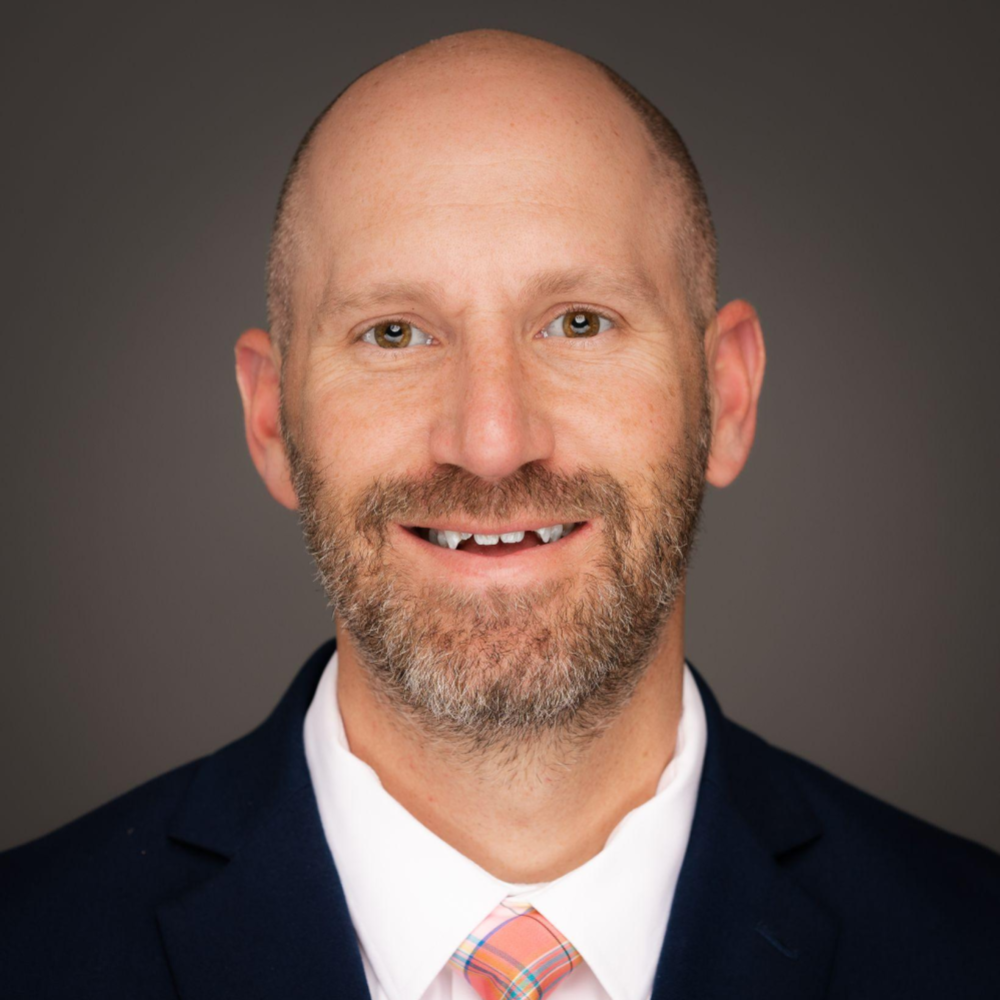
Justin Rigby, PhD, LAT, ATC
Justin Rigby is an Associate Professor (Clinical) in the Department of Physical Therapy and Athletic Training at the University of Utah. He has been the Program Director for Athletic Training since Fall 2018 and oversaw the transition to the Master of Athletic Training degree.
Justin was appointed the University of Utah Health Interprofessional Program Director in Summer 2022. He is privileged to work with colleagues from six health and social science schools and colleges. Justin’s recent scholarship has included interprofessional education outcomes and the creation of authentic interprofessional education and practice experiences. His athletic training background comes from practicing primarily in the secondary school setting.
-
Lecture - “How does athletic training fit into a college of public health?” is a question we have been asked time and again at Temple University. When the Temple University College of Public Health was formed, clinical degree programs moved under this larger umbrella and each discipline had to determine their place. In this lecture, we will guide participants through one model of viewing athletic training through a public health lens. This will include a discussion of how athletic trainers have long been improving population health; however, there are different terms used across the disciplines. We will include ideas on how to…
Abstract:
“How does athletic training fit into a college of public health?” is a question we have been asked time and again at Temple University. When the Temple University College of Public Health was formed, clinical degree programs moved under this larger umbrella and each discipline had to determine their place. In this lecture, we will guide participants through one model of viewing athletic training through a public health lens. This will include a discussion of how athletic trainers have long been improving population health; however, there are different terms used across the disciplines. We will include ideas on how to incorporate public health concepts, including the “10 Essential Public Health Services” model, into didactic, clinical and service learning opportunities for students. Anecdotally, some programs struggle to authentically incorporate standards surrounding public health into the athletic training curriculum. More authentic public health components will help ATs advocate for patient/population health and safety and describe athletic training didactic and clinical education through a public health lens.Learning Objectives:
- Compare and contrast terms used in athletic training and public health.
- Apply the "10 Essential Public Health Services" model to athletic training.
- Identify ways to integrate public health concepts to athletic training didactic and clinical education.
Level:
EssentialDomain(s):
Domain 1: Risk Reduction Wellness and Health Literacy
Domain 5: Health Care Administration and Professional ResponsibilityCEUs:
0.5 Category ATrack: Program Administration
Format: LectureIn order to earn your CEUs, you must watch the session video in its entirety and complete the assessment.
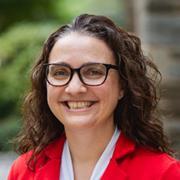
Jamie Mansell, PhD, LAT, ATC
Dr. Jamie Mansell is currently Core AT Faculty and the Associate Dean for Undergraduate Academic Affairs in the College of Public Health at Temple University. She has served as the founding Program Director of both the MSAT and DAT programs at Temple. Research efforts include sexual misconduct, cultural competency, and athletic training education.

Elizabeth Neil, PhD, LAT, ATC
Dr. Elizabeth Neil assistant professor of instruction in the Department of Health and Rehabilitation Sciences at Temple University in Philadelphia, PA and the program direction of the professional masters and post-professional DAT. Dr. Neil completed her PhD in curriculum and instruction with a concentration in athletic training education at Indiana State University in Terre Haute, IN. She additionally completed her post-professional master's in athletic training at ISU. Born and raised in Erie, PA, Dr. Neil stayed local to complete a bachelor of science in athletic training with an exercise science minor at Mercyhurst University.
Dr. Neil currently serves as a per diem athletic trainer for the Philadelphia Union Academy. She has received the Ethos Award for excellence in teaching, scholarship and service at Indiana State University and the Z. Mel Blickenstaff memorial doctoral student scholarship from the National Athletic Trainers' Association. She has spoken and presented research at the state, district and national levels. Her research interests lie in medical documentation and healthcare administration, clinical education, and educational advancements specifically focused on mental health initiatives.
-
Model Practice - This presentation provides an in-depth look into the scoring and reporting methodologies used in the Board of Certification (BOC) Athletic Trainer Exam. The session covers topics such as the exam development process, exam blueprint, and domain level information and associated resources designed to support candidates. Most importantly the session illustrates how to use all the information to transition from student to certified athletic trainer.
Abstract:
This presentation provides an in-depth look into the scoring and reporting methodologies used in the Board of Certification (BOC) Athletic Trainer Exam. The session covers topics such as the exam development process, exam blueprint, and domain level information and associated resources designed to support candidates. Most importantly the session illustrates how to use all the information to transition from student to certified athletic trainer.Learning Objectives:
- Describe the accreditation and testing standards that influence the psychometric procedures used in the scoring of the BOC Athletic Trainer Exam.
- Utilize key resources, such as the Practice Analysis 8th Edition and the elements within the report itself, to enhance the interpretation of exam results.
- Prepare candidates to transition from exam takers to certified athletic trainers based on their score reports.
Track: Program Administration
Format: Model PracticeThis Session is Not Eligible for CEUs.
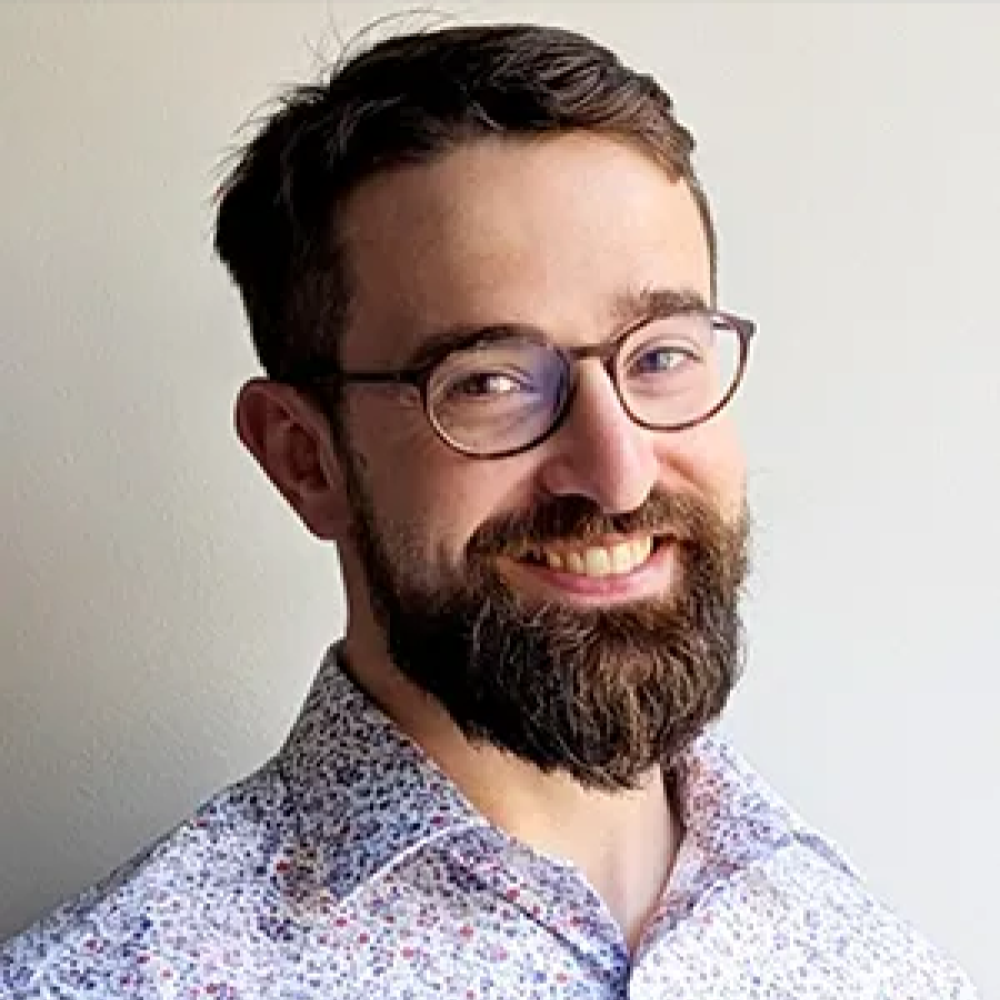
Ian Hembry, PHD
Ian Hembry, Ph.D. is the director of examinations at Board of Certification (BOC), with fifteen years of experience in psychometrics and research. Dr. Hembry has oversight of the planning, design implementation and development of credentialing exams, assessment activities and research related to BOC programs and services. He leads all facets of exam development to ensure accuracy and fairness to maintain the integrity of credential programs. He has been published in the Journal of Experimental Education, as well as Educational and Psychological Measurement, and has authored and presented more than 75 research studies/technical reports.
Dr. Hembry holds a bachelor’s degree in mathematics and a master’s degree in educational measurement and statistics, both from the University of Iowa, and a Ph.D. in educational psychology: quantitative methods from the University of Texas. Dr. Hembry has been an active member of the Psychometric Society and American Educational Research Association and has been an active member of the National Council of Measurement in Education since 2008.
-
Lecture - Though the initial thought of using simulation to curate experiences an athletic training student may not be exposed to in “the real world” may seem like a great idea, many athletic training educators may be left with knowledge gaps on implementation and also budget constraints. In order to create a true immersion into a simulation, many health care programs (such as such as medicine and nursing) will use a high-fidelity, audio-visual system with lifelike manikins to simulate real-world scenarios. Athletic training programs may have access to their medical or nursing school's high--fidelity simulation units, complete with audio-visual systems that…
Abstract:
Though the initial thought of using simulation to curate experiences an athletic training student may not be exposed to in “the real world” may seem like a great idea, many athletic training educators may be left with knowledge gaps on implementation and also budget constraints. In order to create a true immersion into a simulation, many health care programs (such as such as medicine and nursing) will use a high-fidelity, audio-visual system with lifelike manikins to simulate real-world scenarios. Athletic training programs may have access to their medical or nursing school's high--fidelity simulation units, complete with audio-visual systems that allow them to continue proper skill cultivation and deliberate practice/reinforcement. However, these units are often reserved for the entire semester, with little room for outside entities. Some institutions may not have programs such as this available on their campus or may lack the funding needed to consider something such as this. Because of the obstacles of time, space and funding, a gap develops with how immersive and lifelike simulation can be. How can programs meet the minimum standards and deliver high-quality simulation while on a budget? The purpose of this lecture will be to highlight different avenues to add realistic simulation to a program on a budget, developed through a quality improvement process.Learning Objectives:
- Comprehend the fundamental principles of simulation-based learning, including its role in skill acquisition and experiential education.
- Learn to design simulation scenarios that maximize learning outcomes while minimizing costs.
- Develop an understanding of basic structures for quality improvement for programmatic simulation needs.
- Analyze data themes within quality improvement framework for program implementation.
Level:
EssentialDomain(s):
Domain 5: Health Care Administration and Professional ResponsibilityCEUs:
0.5 Category ATrack: Program Administration
Format: LectureIn order to earn your CEUs, you must watch the session video in its entirety and complete the assessment.
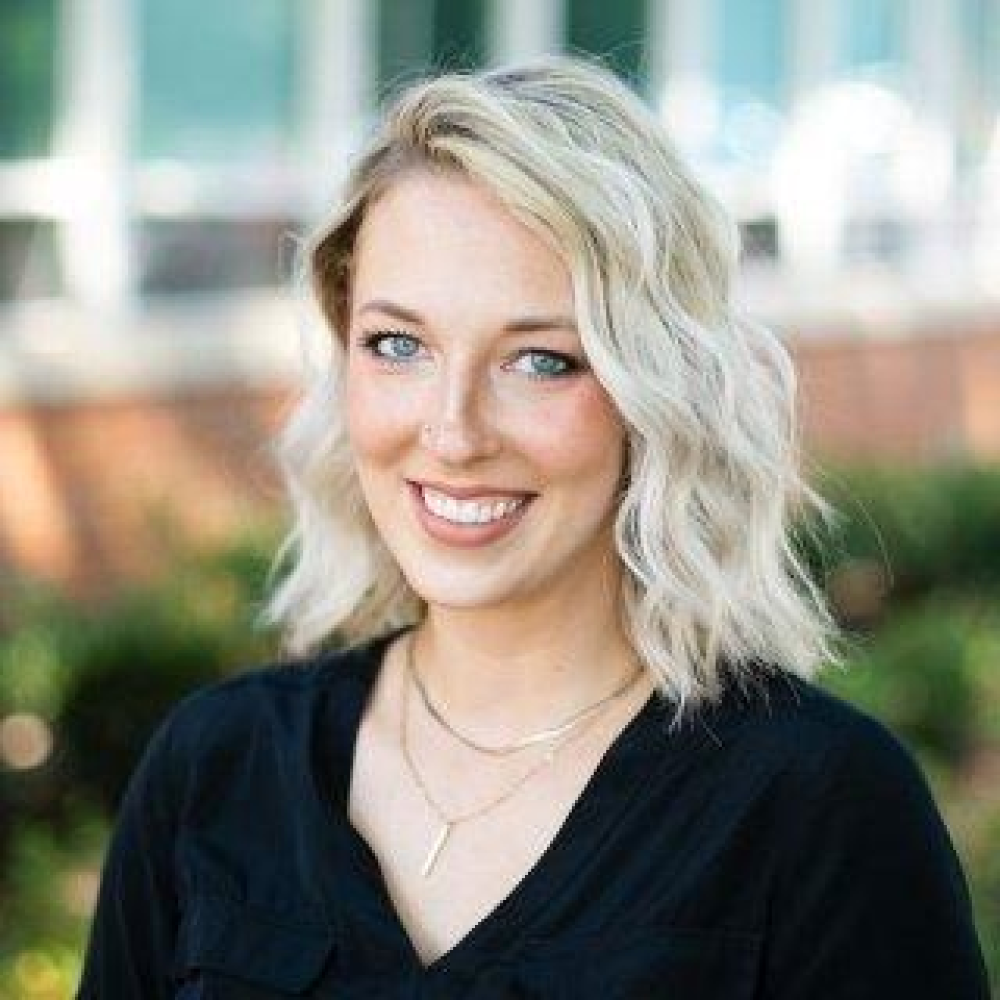
Emily Madrak, PhD, LAT, ATC
Dr. Emily Madrak is an assistant professor in the athletic training program at the University of Virginia. Her BS in athletic training is from Lock Haven University, Master of Science from California University, and Doctorate from Oklahoma State University. Her research focuses on athletic trainer health and behaviors as well as cultural competence in athletic training.
-
Model Practice - This model practice will explore opportunities for collaboration, synergy and revenue sources when developing an athletic training residency in the college, university and teaching hospital/practice settings. Athletic residencies and fellowships can add significant value to an institution’s delivery of athletic training services, athletic training professional and post-professional educational programs, family practice residencies and sports medicine fellowships in orthopedics and primary care. They also have been shown to increase patient throughput and provide care levels comparable to medical residents in some areas within the physician practice and teaching hospital.
Abstract:
This model practice will explore opportunities for collaboration, synergy and revenue sources when developing an athletic training residency in the college, university and teaching hospital/practice settings. Athletic residencies and fellowships can add significant value to an institution’s delivery of athletic training services, athletic training professional and post-professional educational programs, family practice residencies and sports medicine fellowships in orthopedics and primary care. They also have been shown to increase patient throughput and provide care levels comparable to medical residents in some areas within the physician practice and teaching hospital.Learning Objectives:
- Discuss the benefits of VR technology for athletic training education.
- Identify areas of collaboration on their or neighboring campuses, including varsity athletics, club and intramural sports, ROTC and accredited athletic training programs.
- Develop strategies to approach community partners who sponsor graduate medical education for collaborative learning activities with other graduate medical practitioners and develop placements for professional athletic training students.
Track: Program Administration
Format: Model PracticeThis Session is Not Eligible for CEUs.
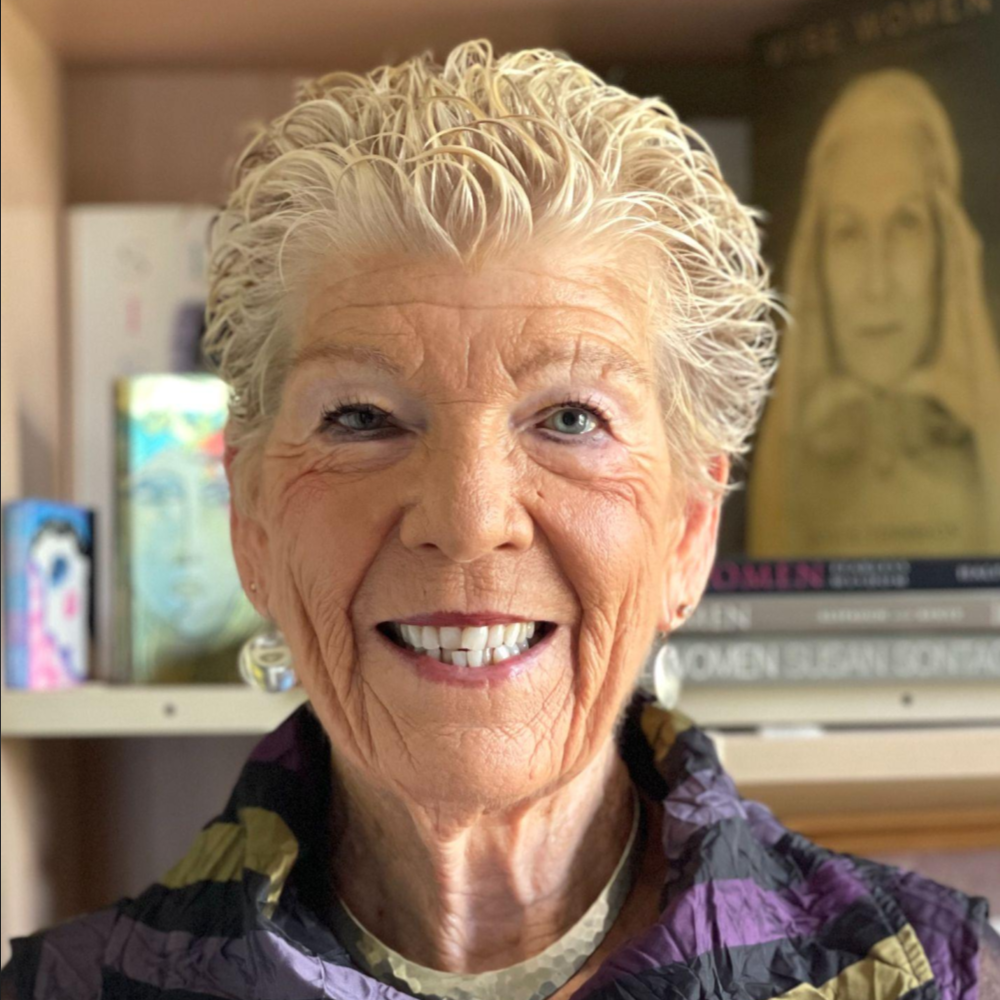
Marjorie J. Albohm, MS, AT-Ret
Ms. Albohm was one of the first women certified athletic trainers in the nation. She began her career as the first full time female athletic trainer at Indiana University. Marje is a proud 52 year member of the NATA. She has held various positions of leadership in the NATA throughout her career including President of the NATA Research and Education Foundation and the 11th President of the NATA from 2008-2012. She has received numerous NATA and related awards and was a 1999 inductee into the NATA Hall of Fame.
As an athletic trainer, Ms. Albohm served in key positions on medical staffs for multiple national and international sporting events, including track and field and swimming Olympic Trials, the Pan American Games, Lake Placid Winter Olympic Games and the Atlanta Olympic Games. She currently serves on the Gender Equity sub-group of the NATA Compensation Task Force and is a Commissioner on the CAATE. She received her BS from Valparaiso University and her MS from Indiana State University. She resides in Charleston SC.
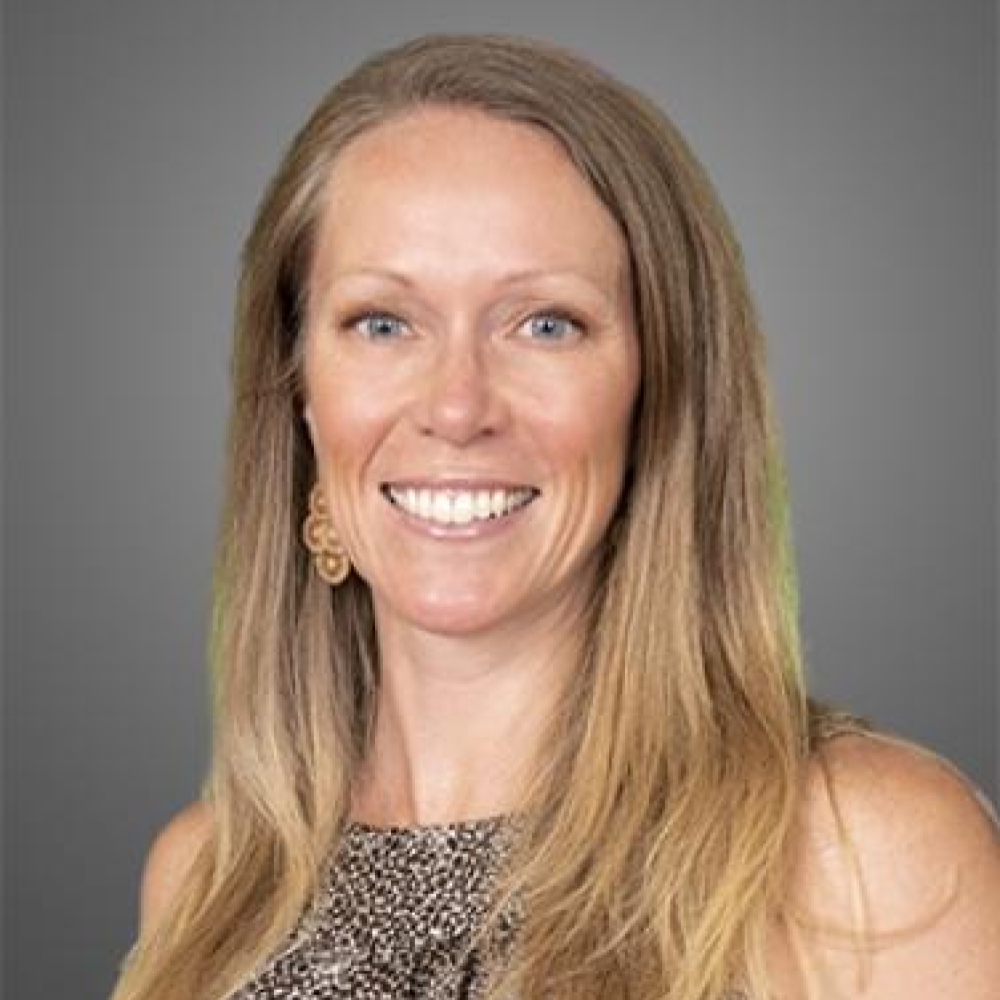
Marie Charpentier, DPT, ATC, SCS
Charpentier is a native of Richmond, VA, and graduated from the University of Virginia in 2003 with her Bachelor of Science in Sports Medicine. She then moved on to Virginia Commonwealth University to complete her Doctor of Physical Therapy in 2006. Charpentier then completed the Kaiser Permanente Orthopedic Residency program (2008) and Kaiser Permanente Manual Therapy Fellowship in Sports Rehabilitation (2010). Charpentier is certified in Manual Therapy, Sports and Orthopedic Regenerative Dry Needling Level 1 and Running Gait Analyst Level 1.
She has previously been awarded the Southeastern District of the Texas Physical Therapy Association Excellence in Clinical Education. Charpentier is also a certified yoga instructor with a passion for helping athletes regulate their nervous systems and optimize stress resiliency through mind-body practices.
Charpentier enjoys spending time with her family, reading, and doing yoga.


